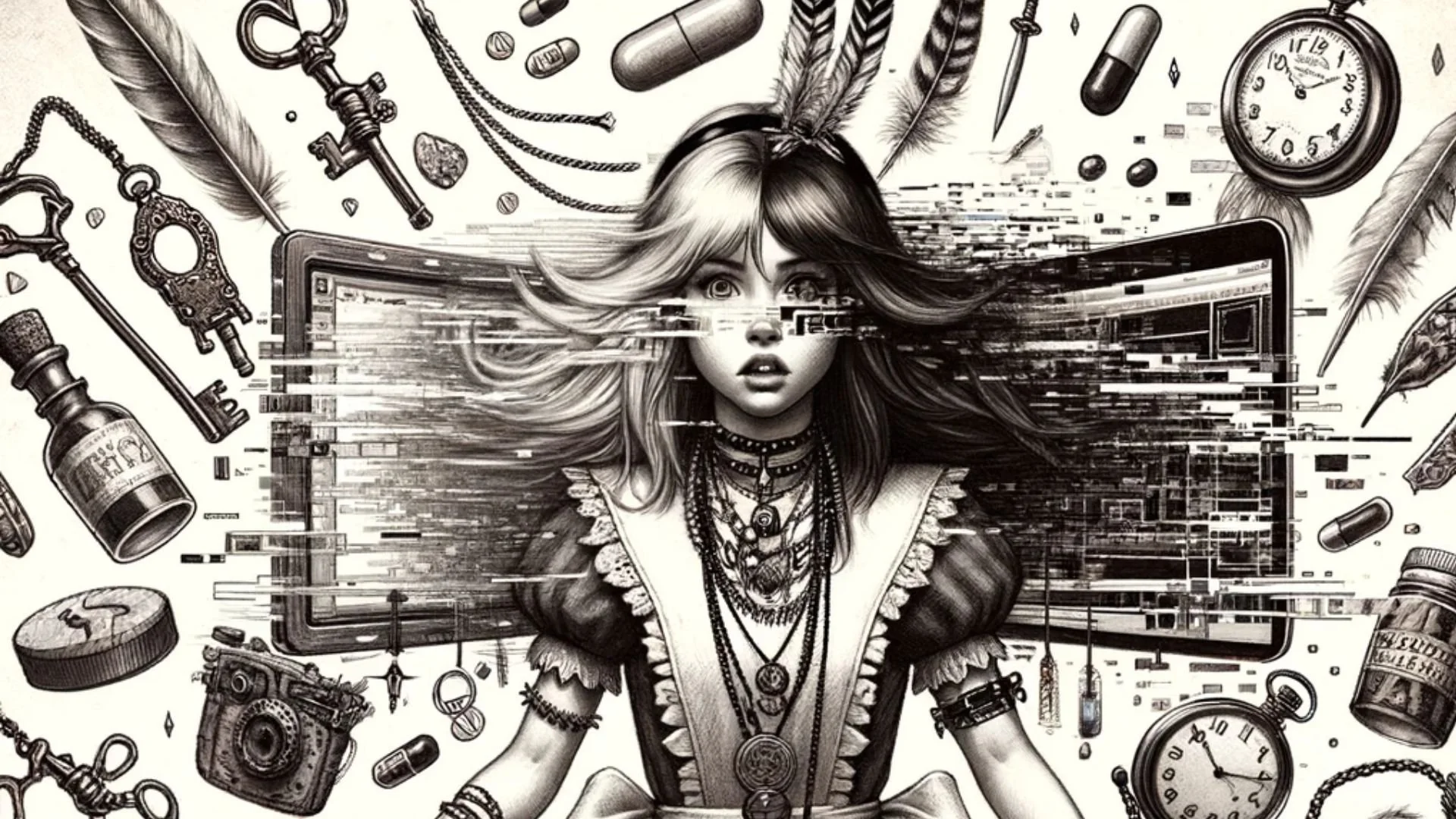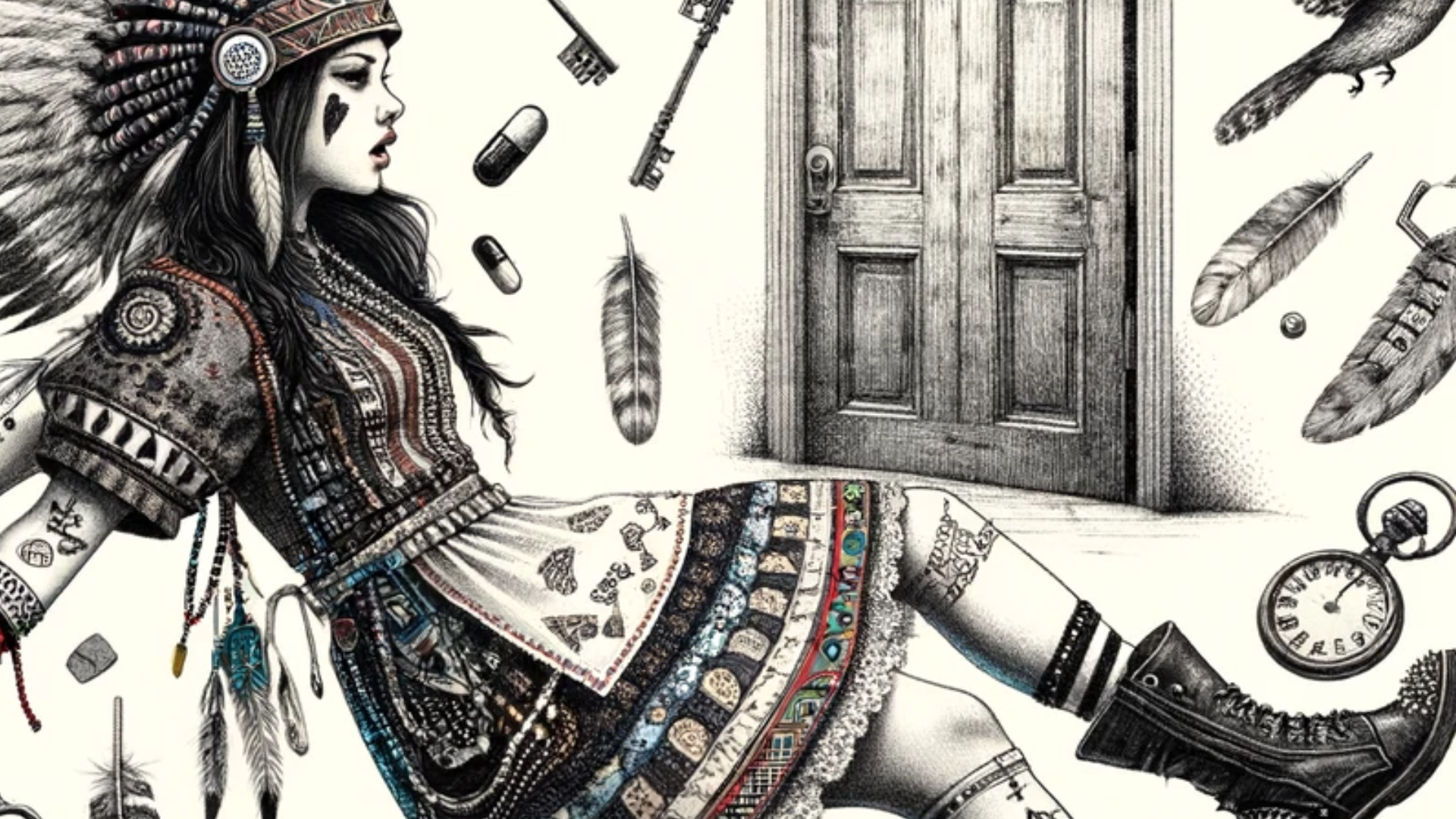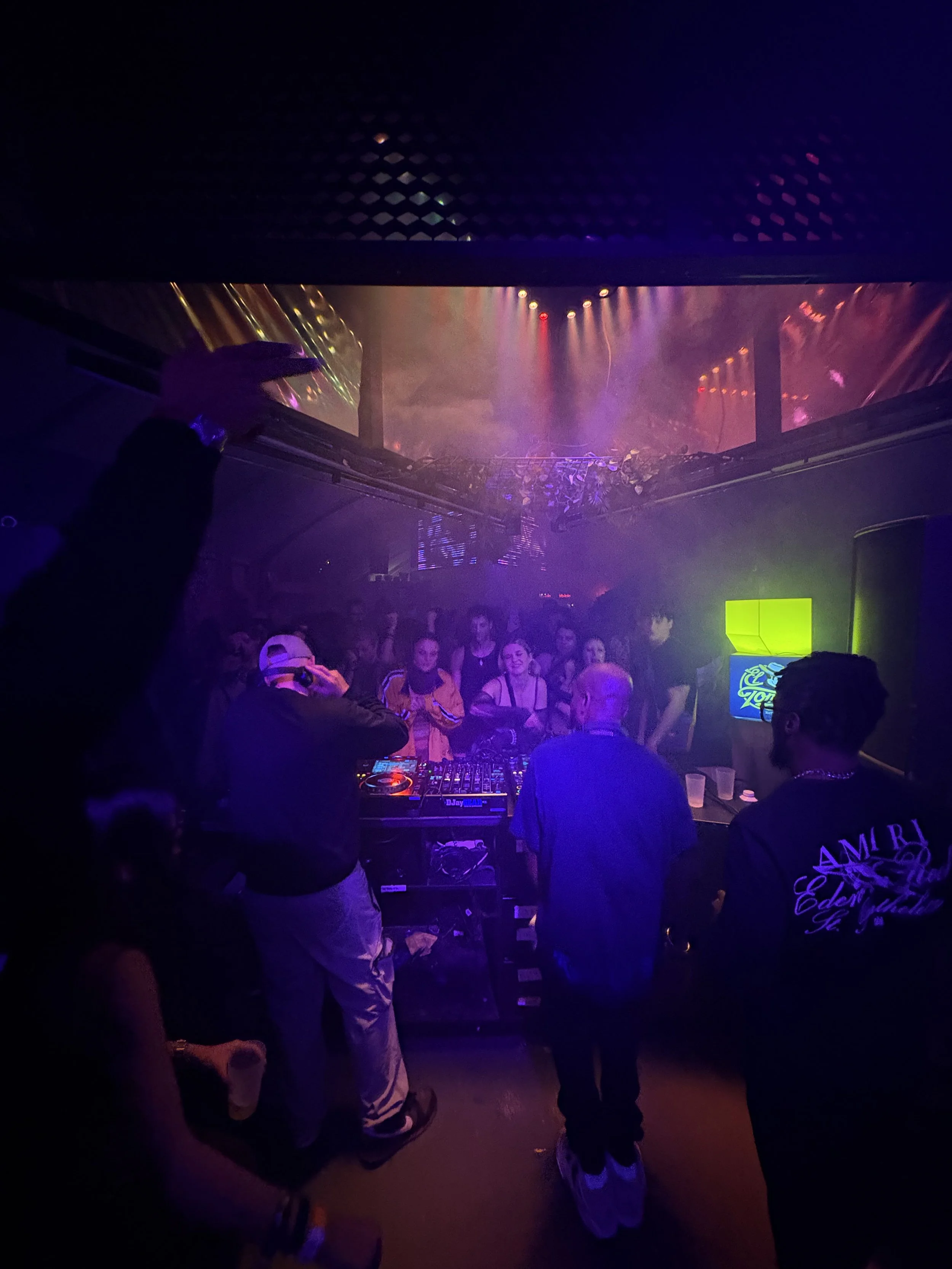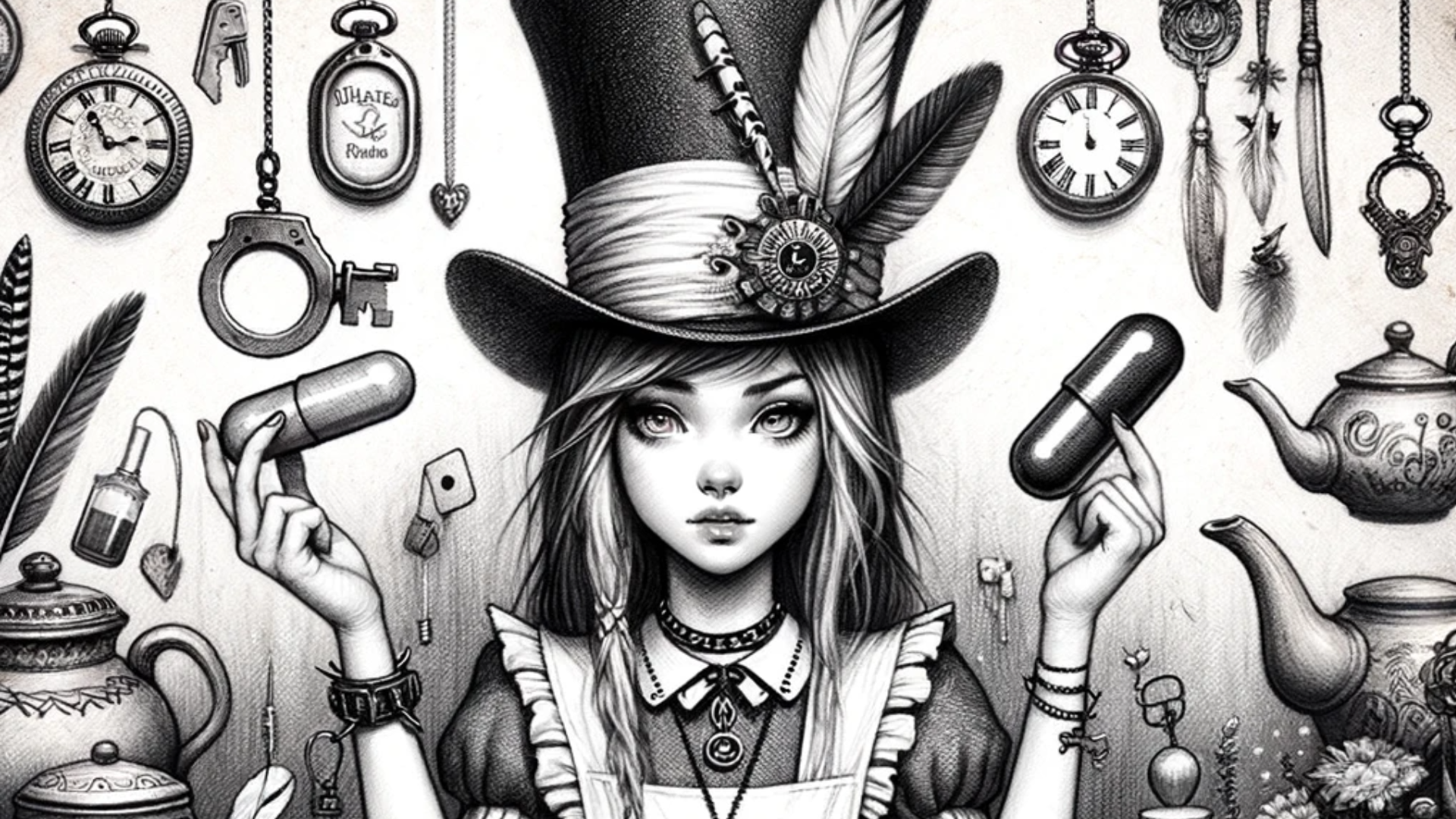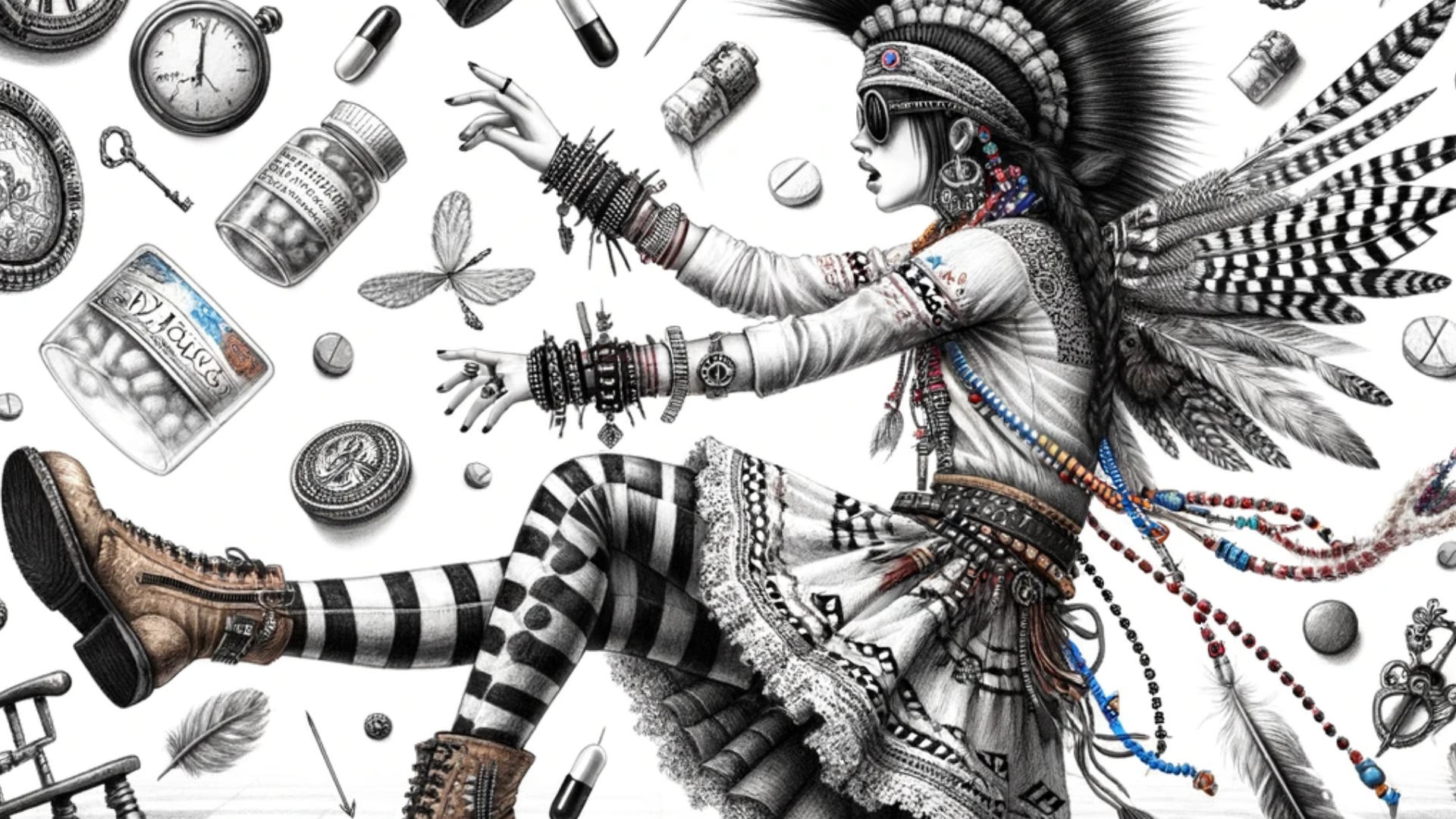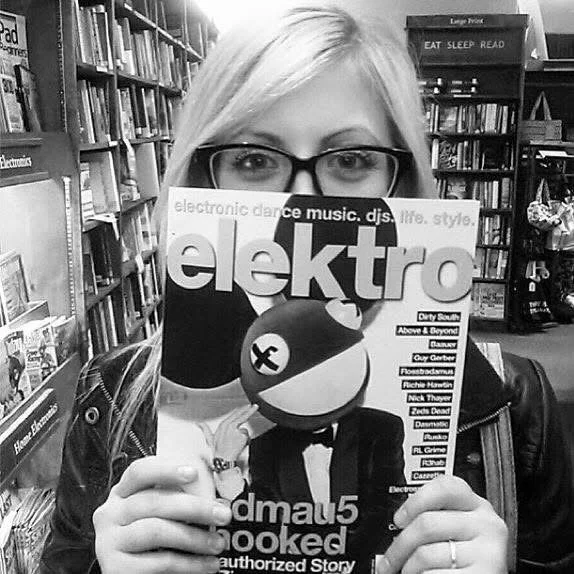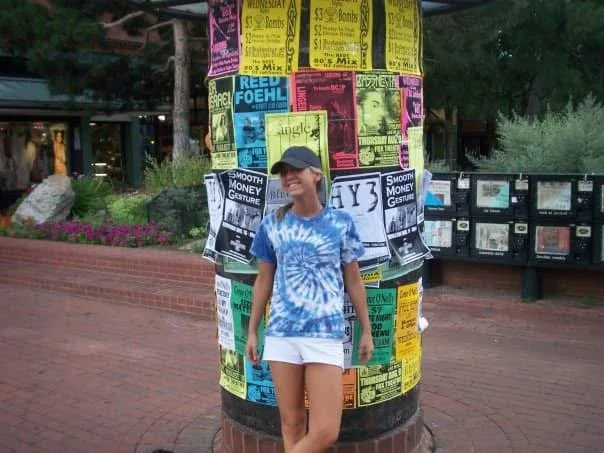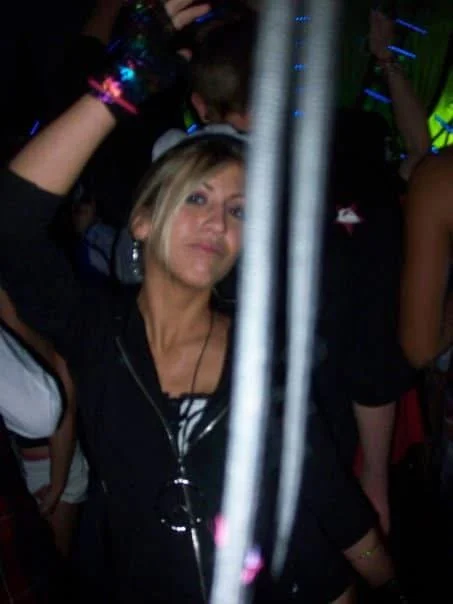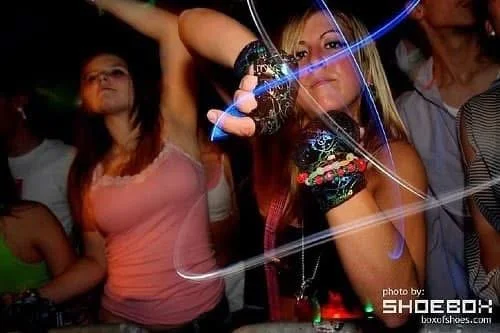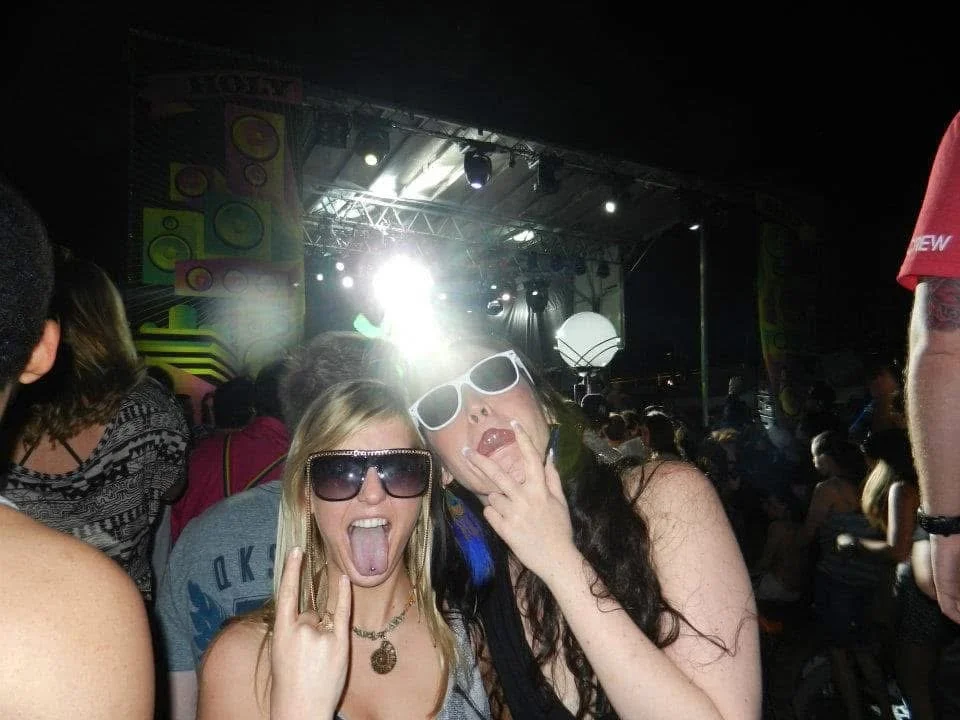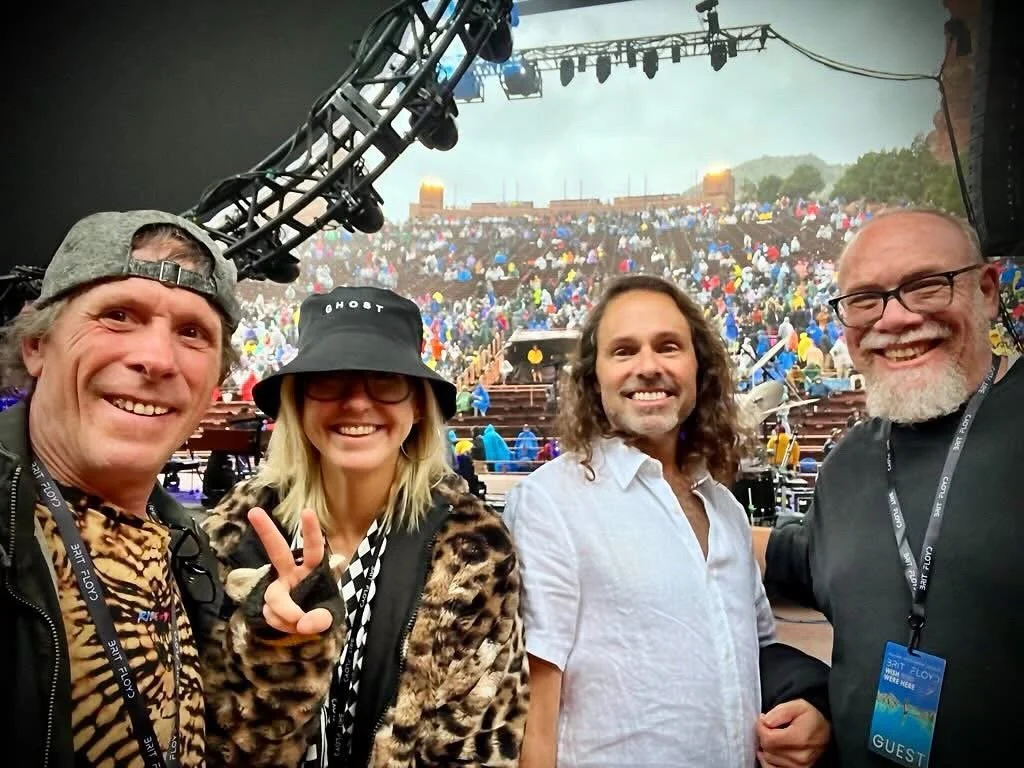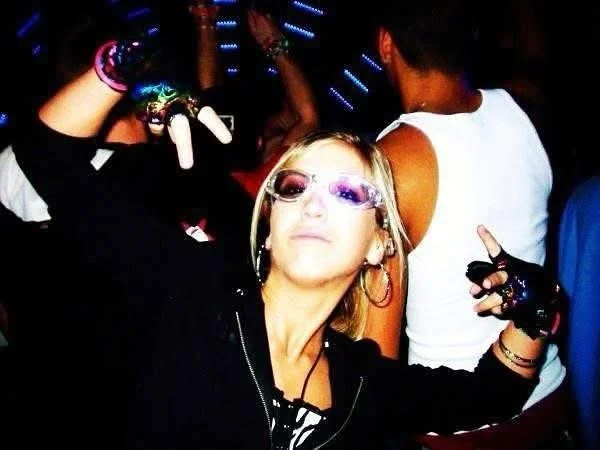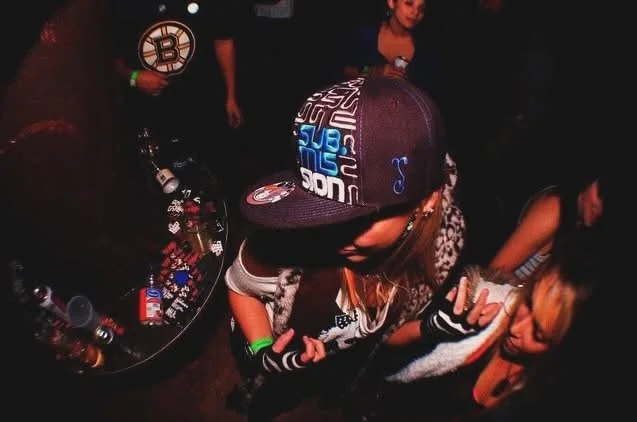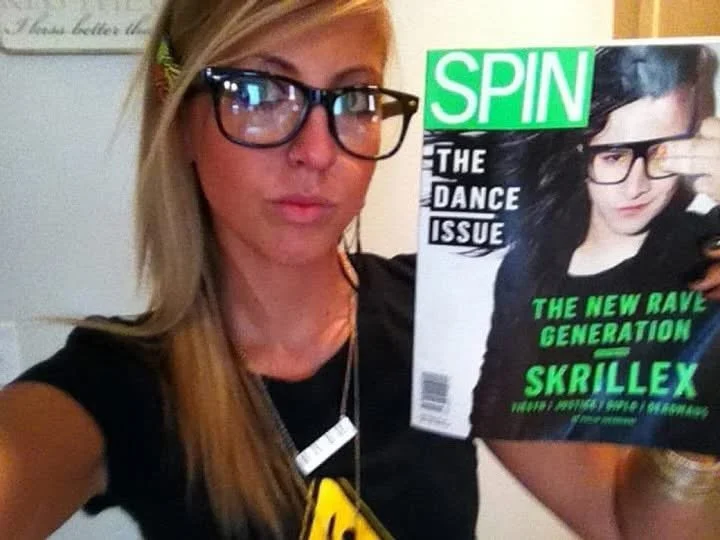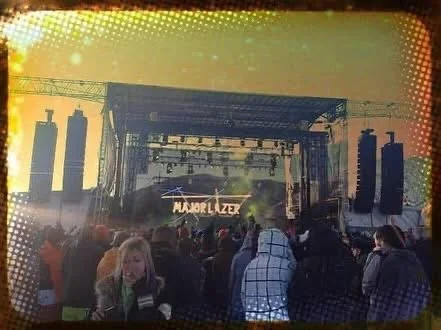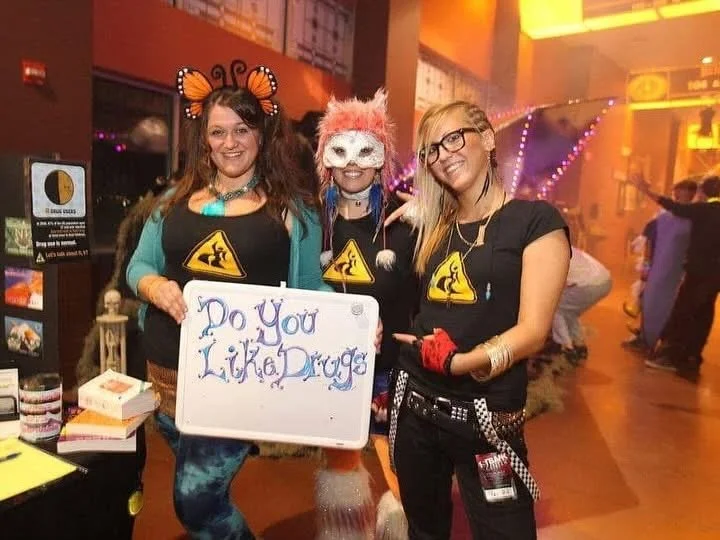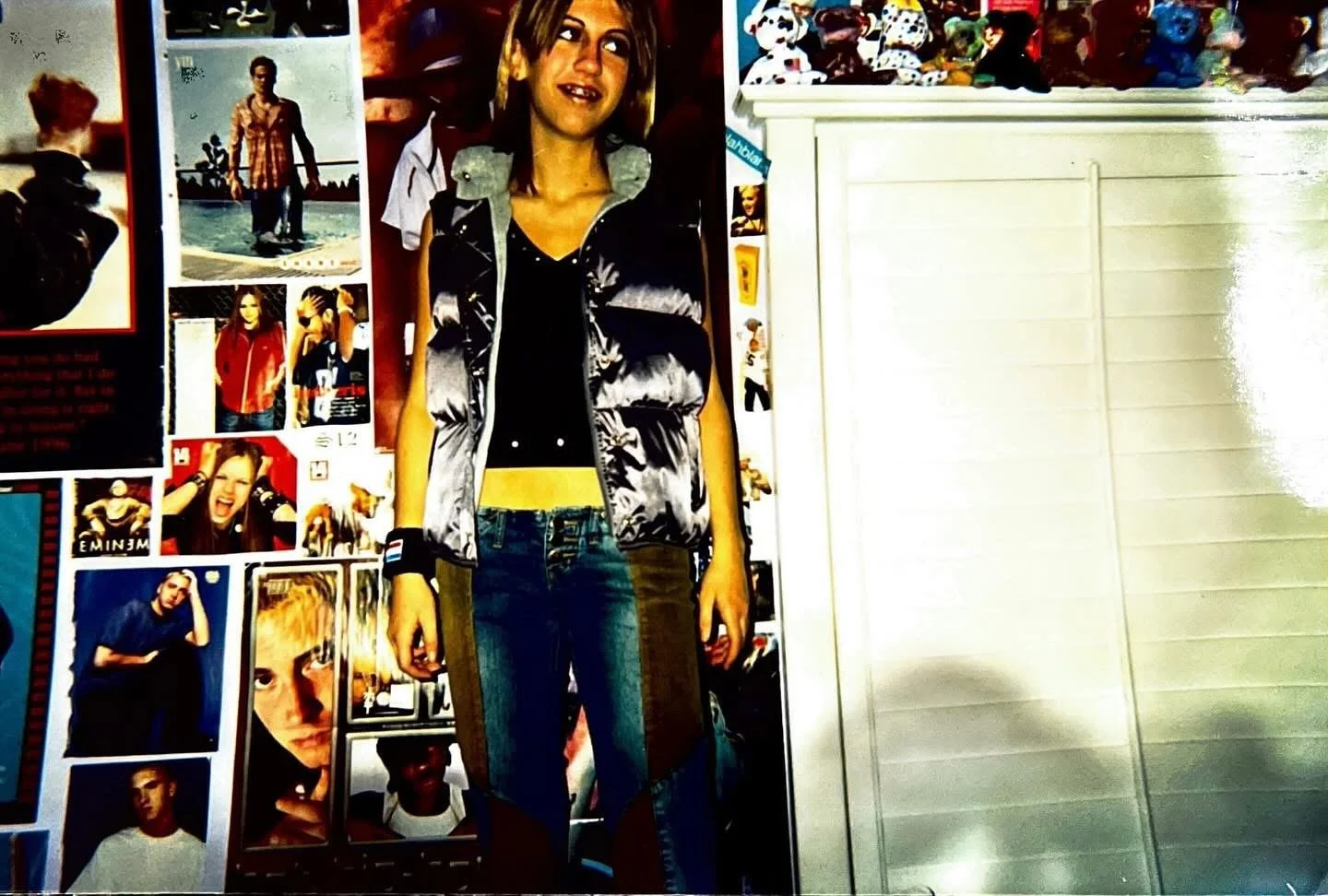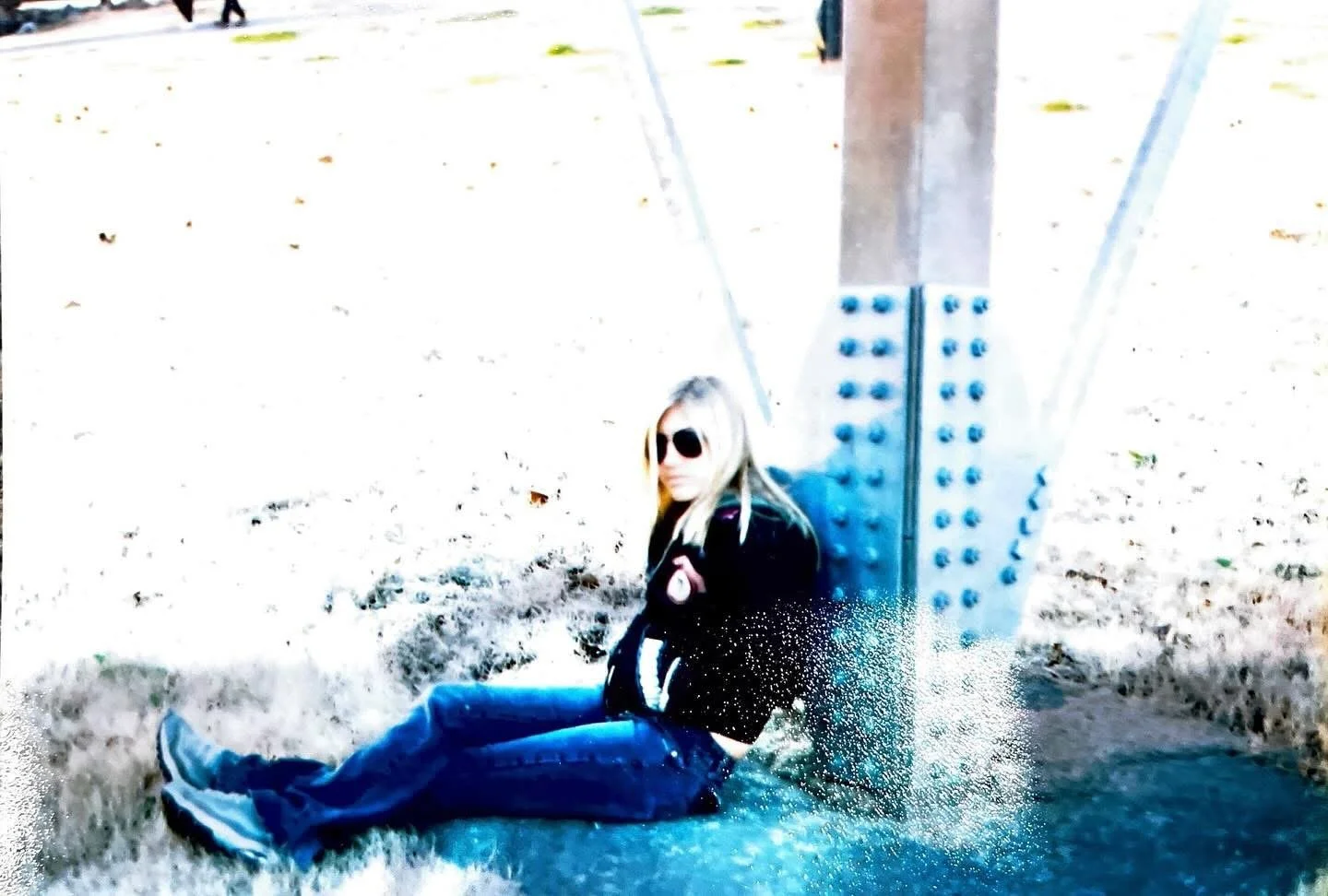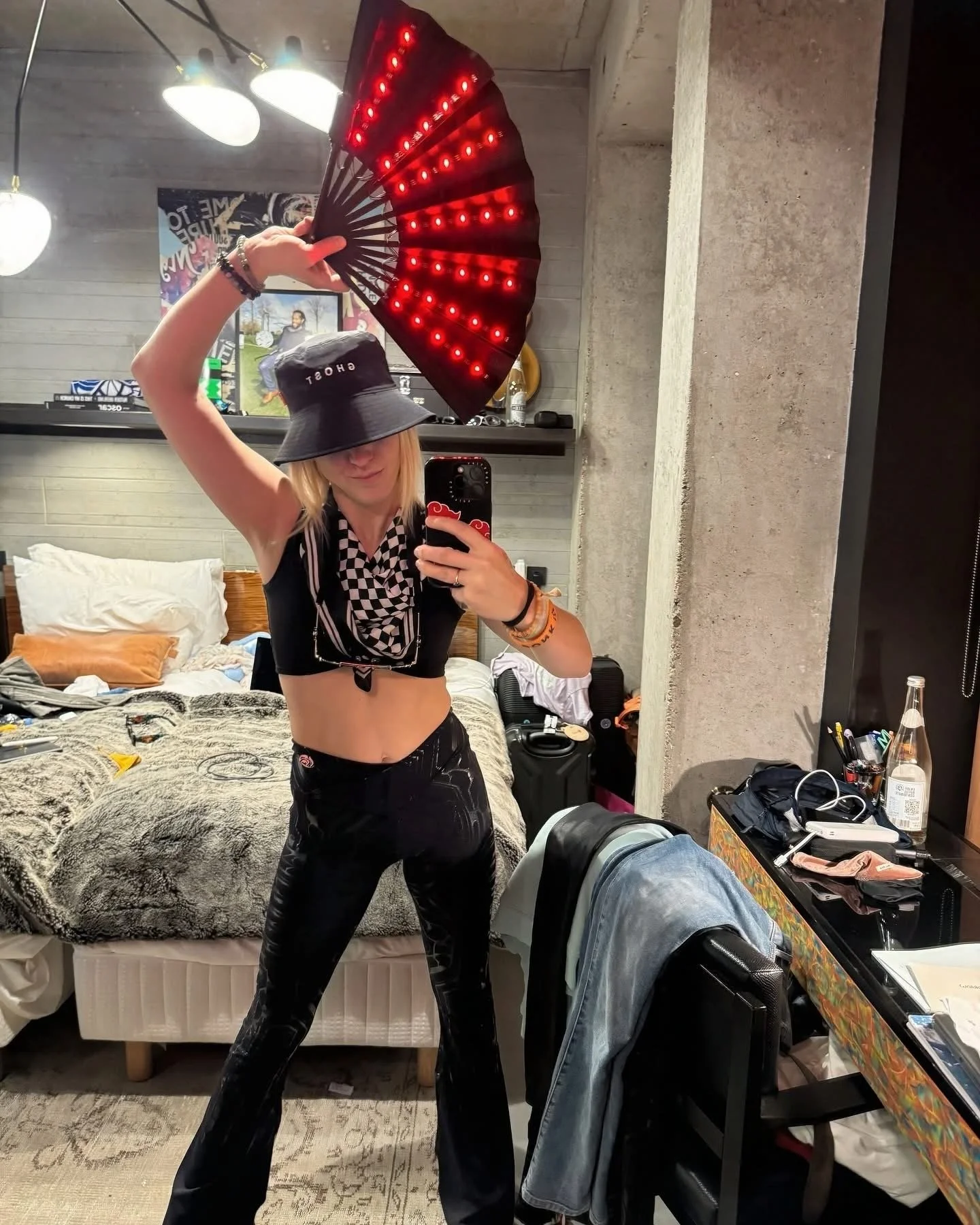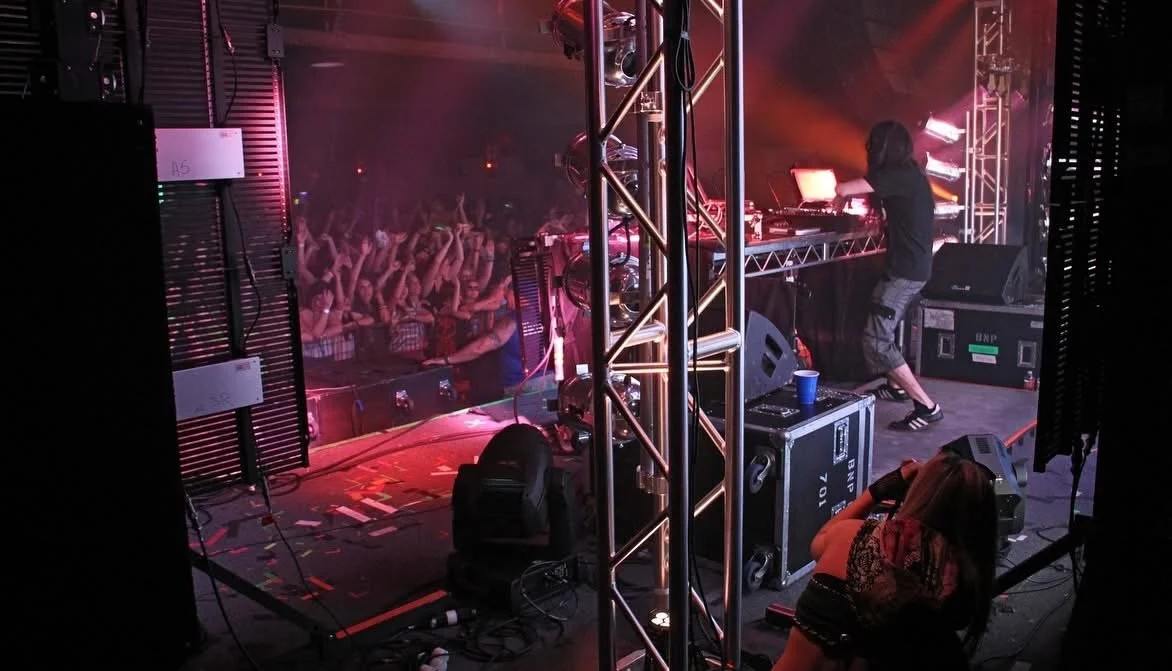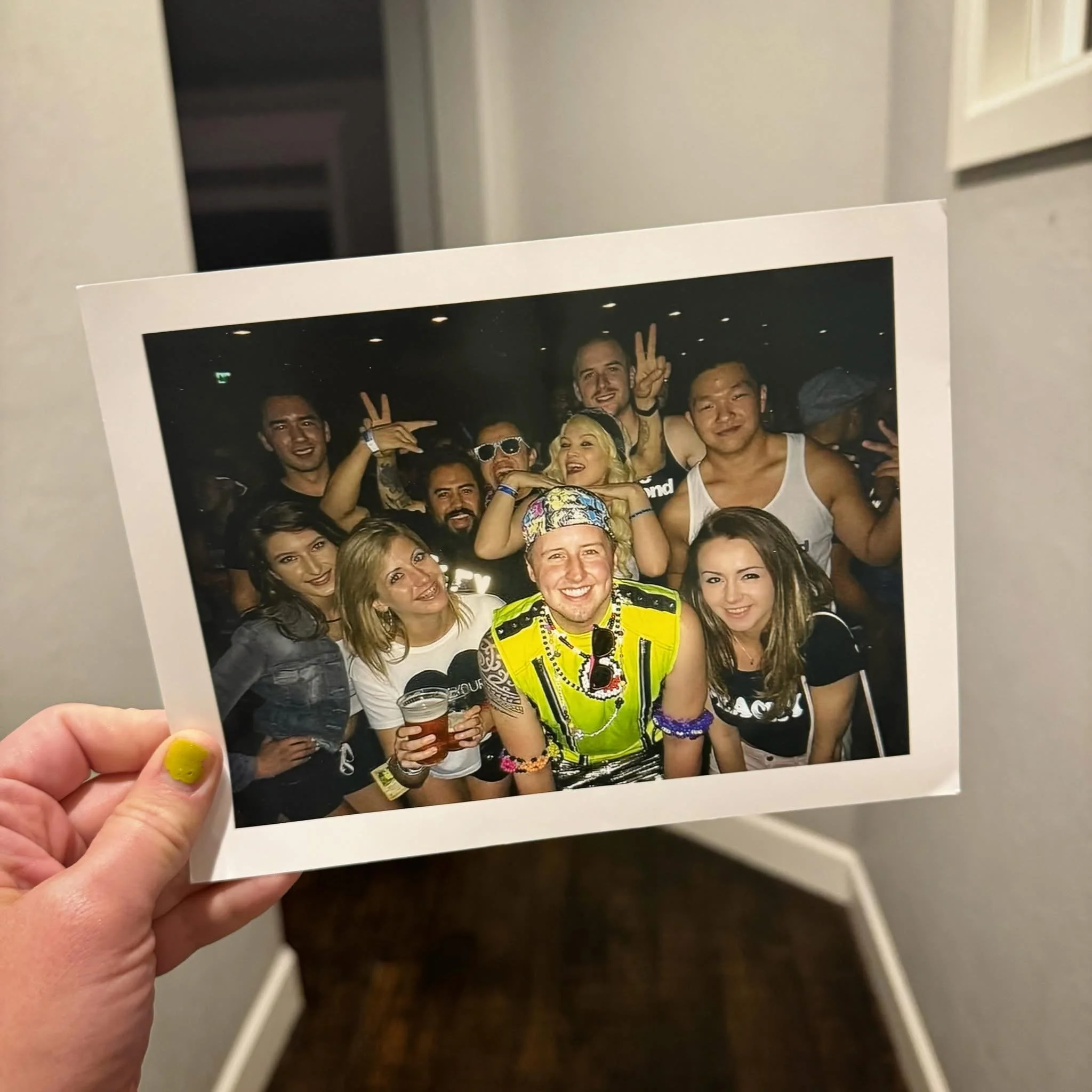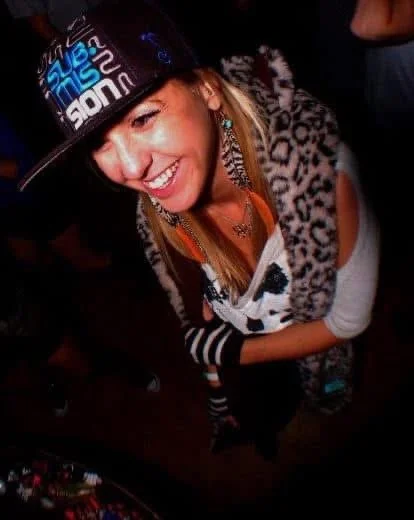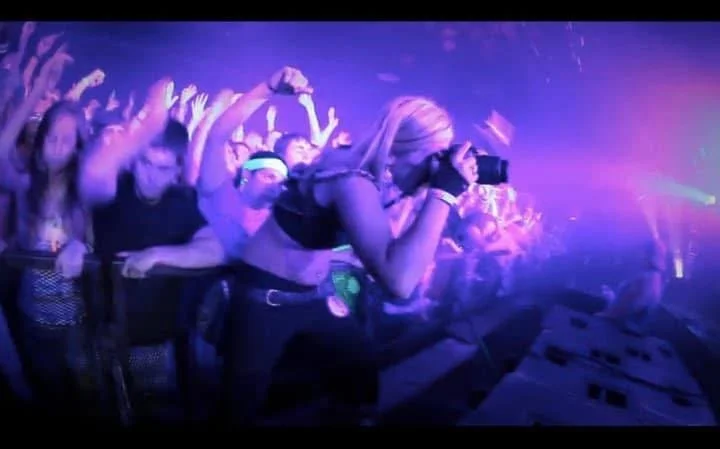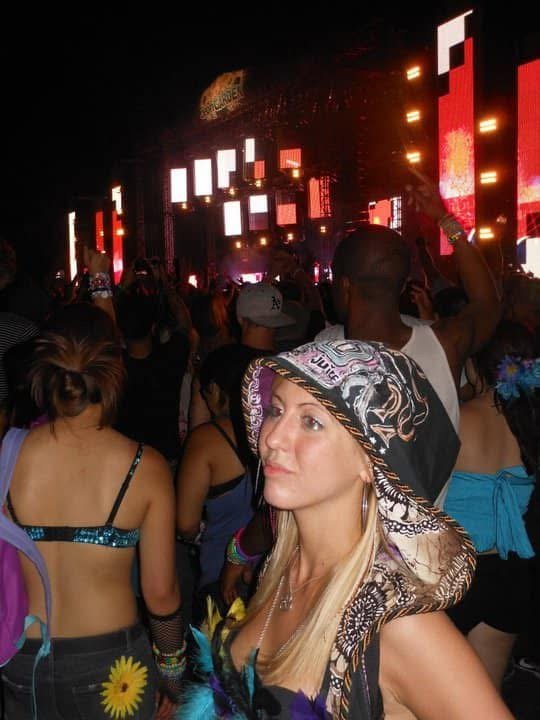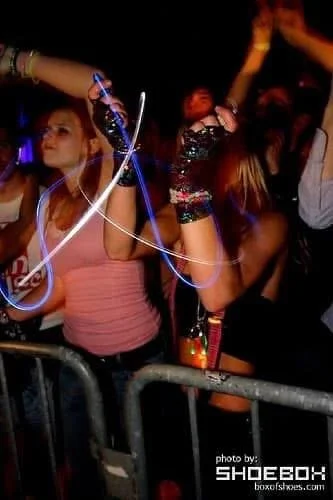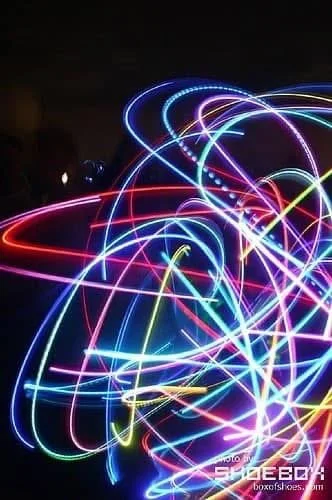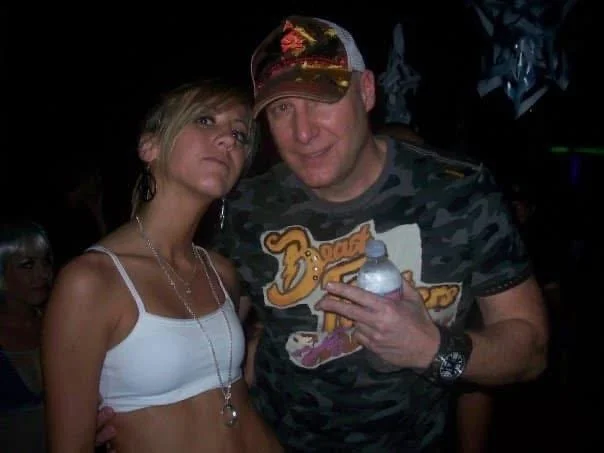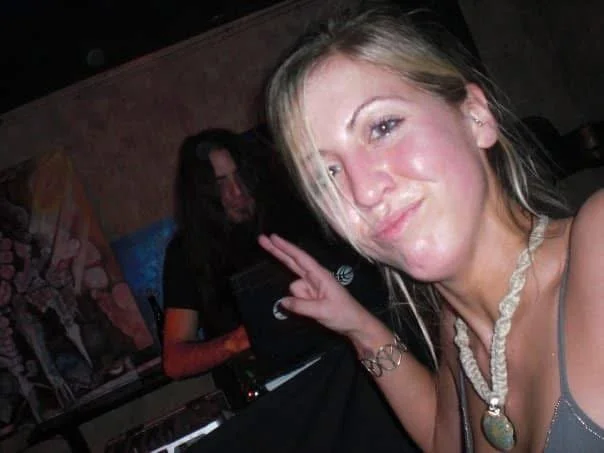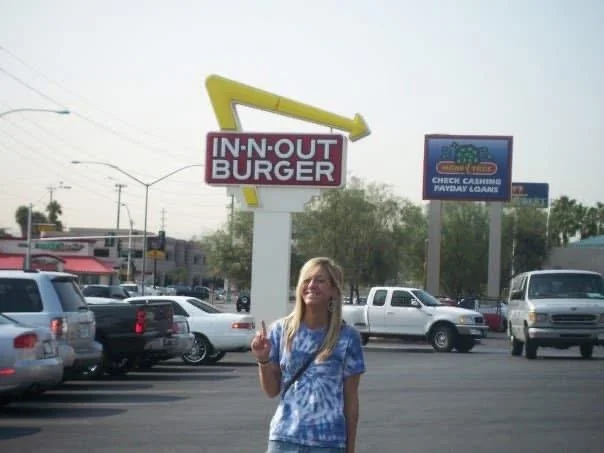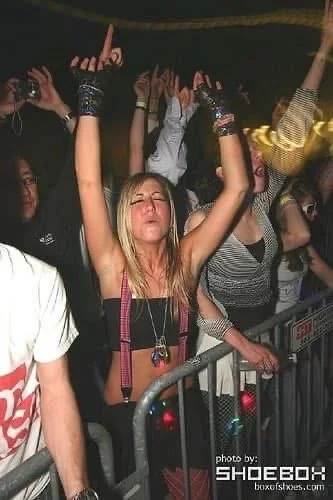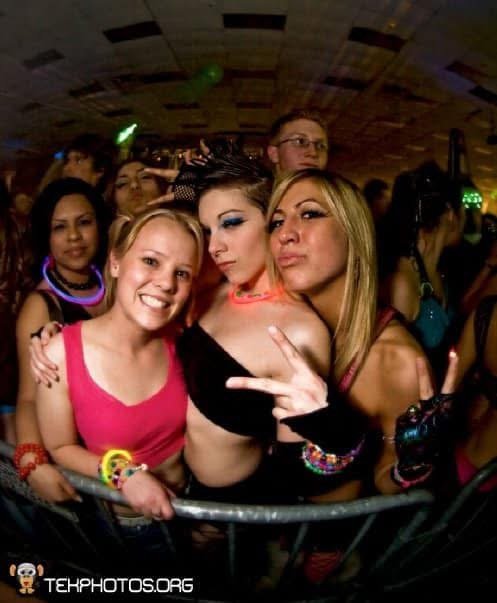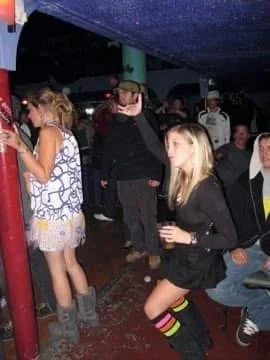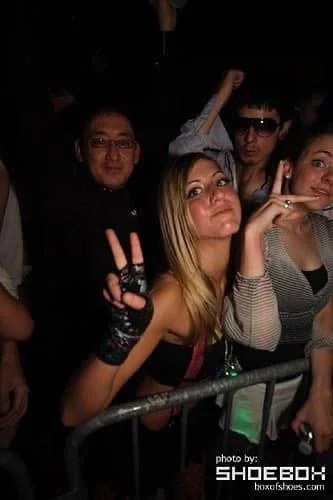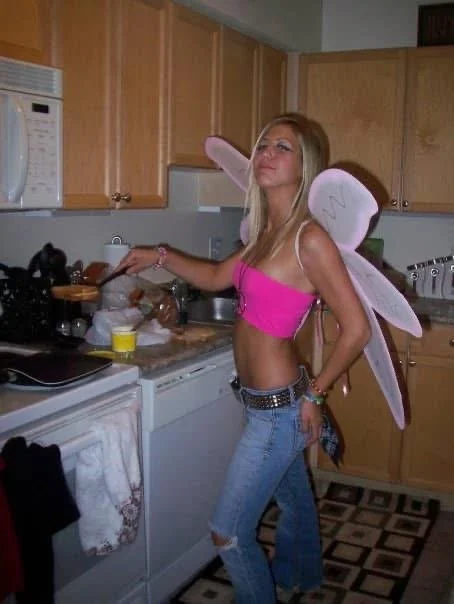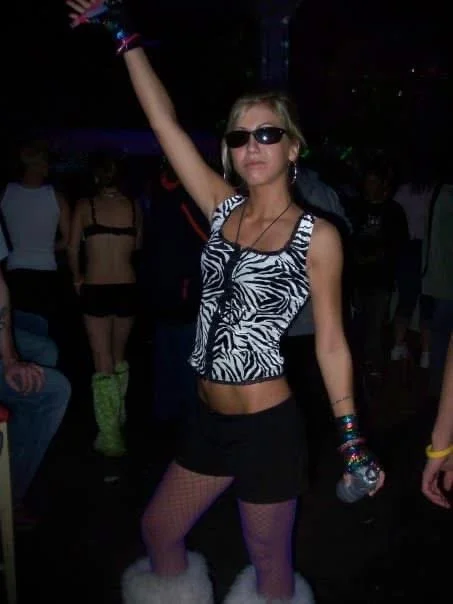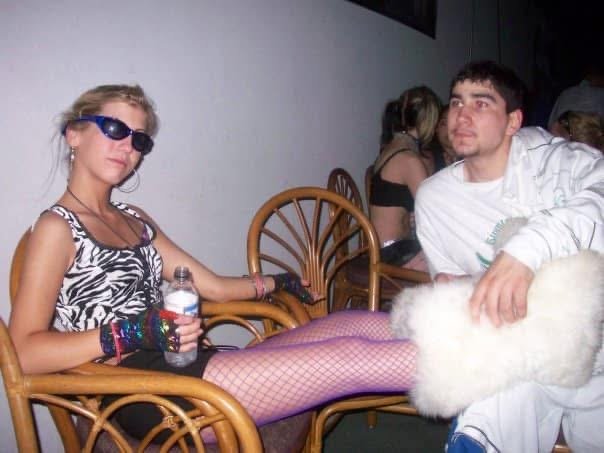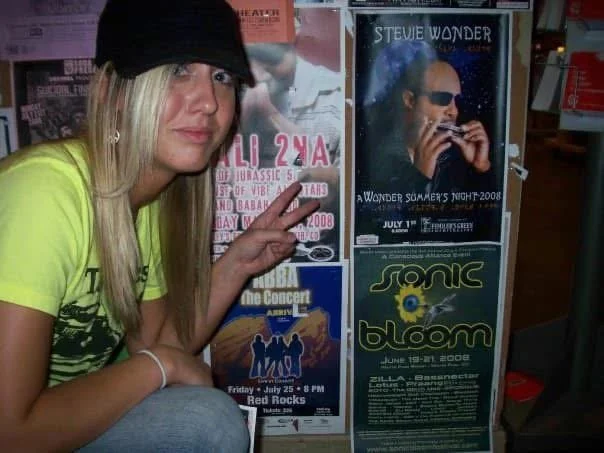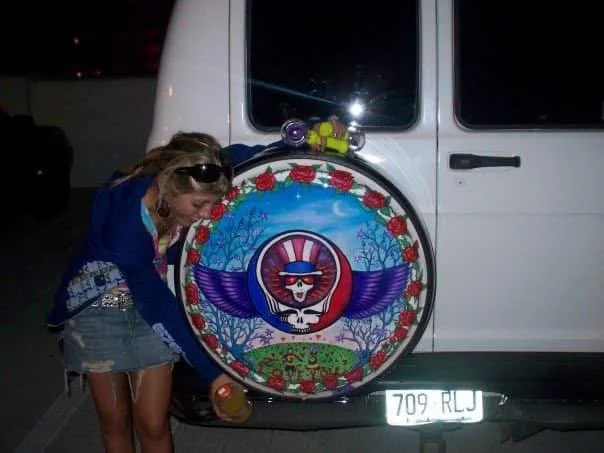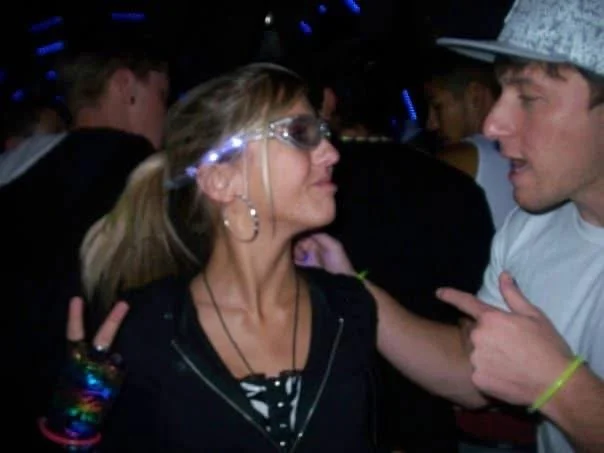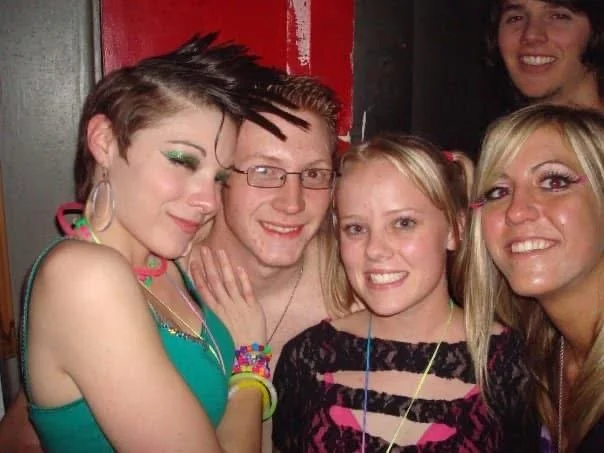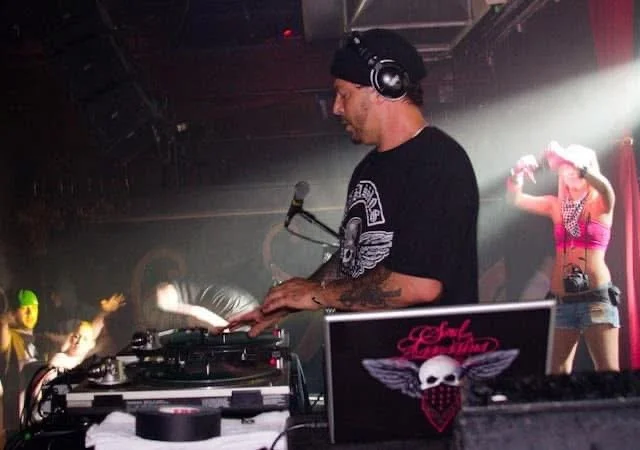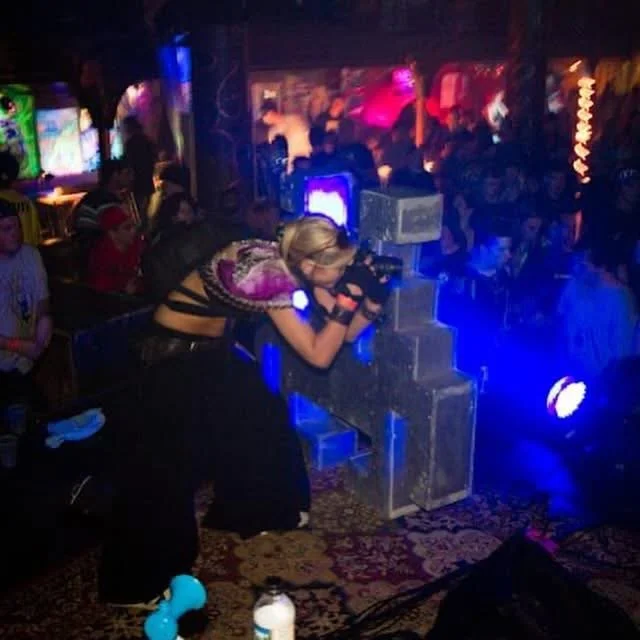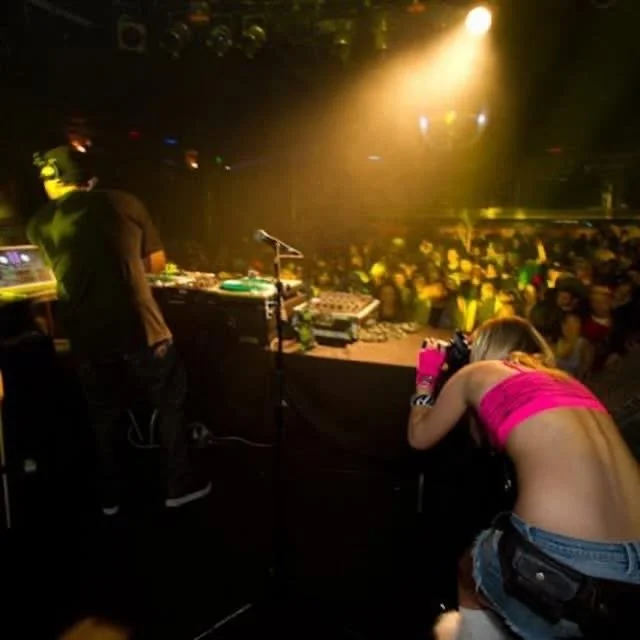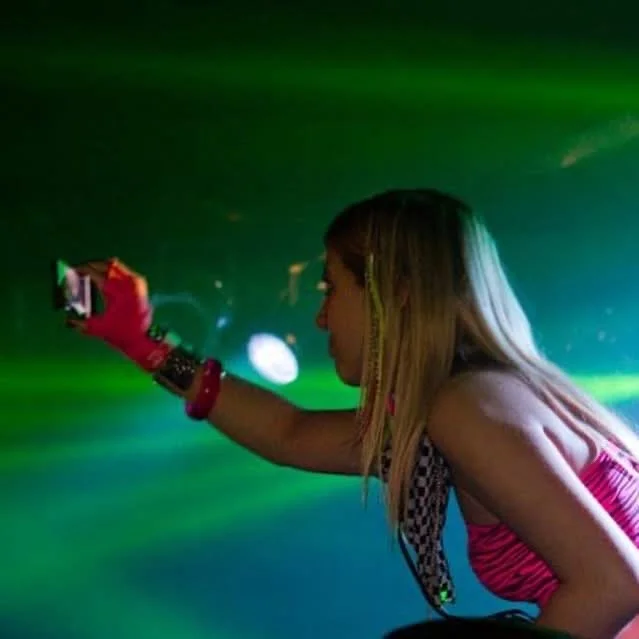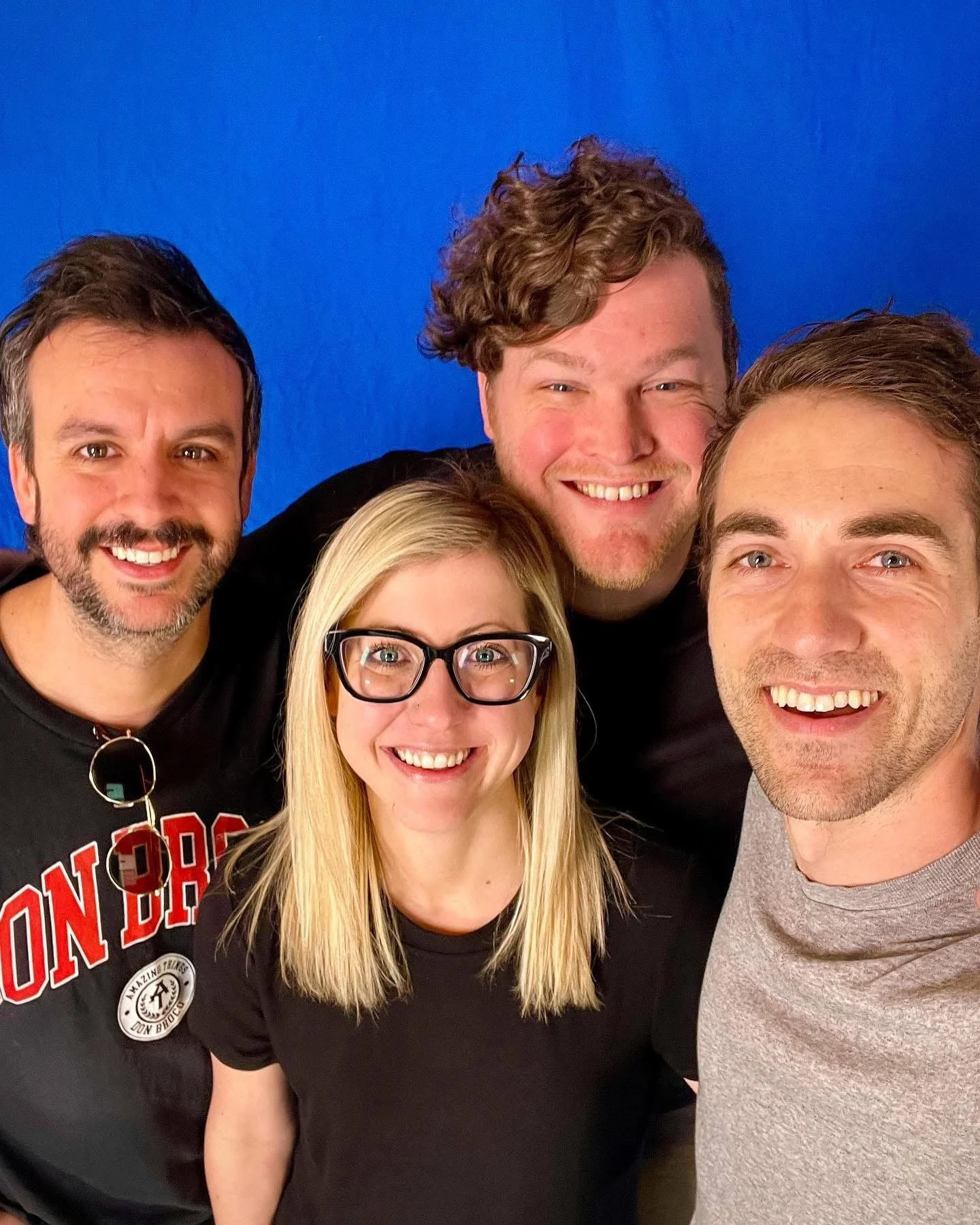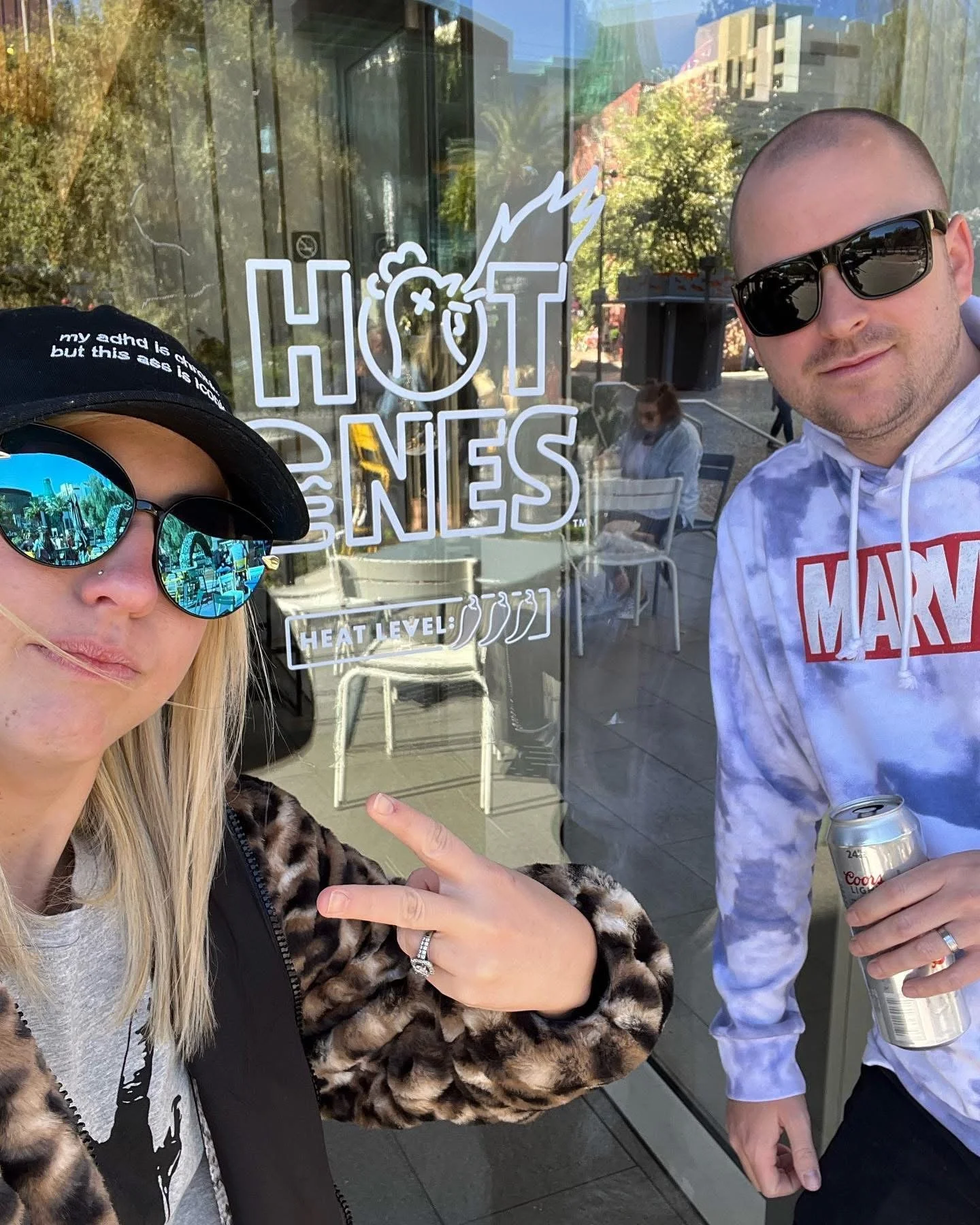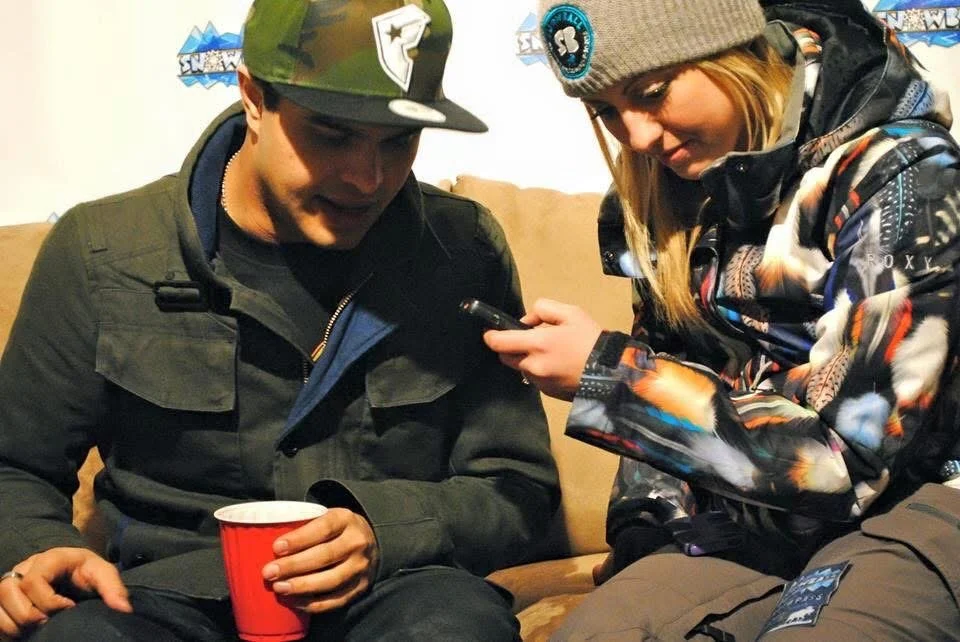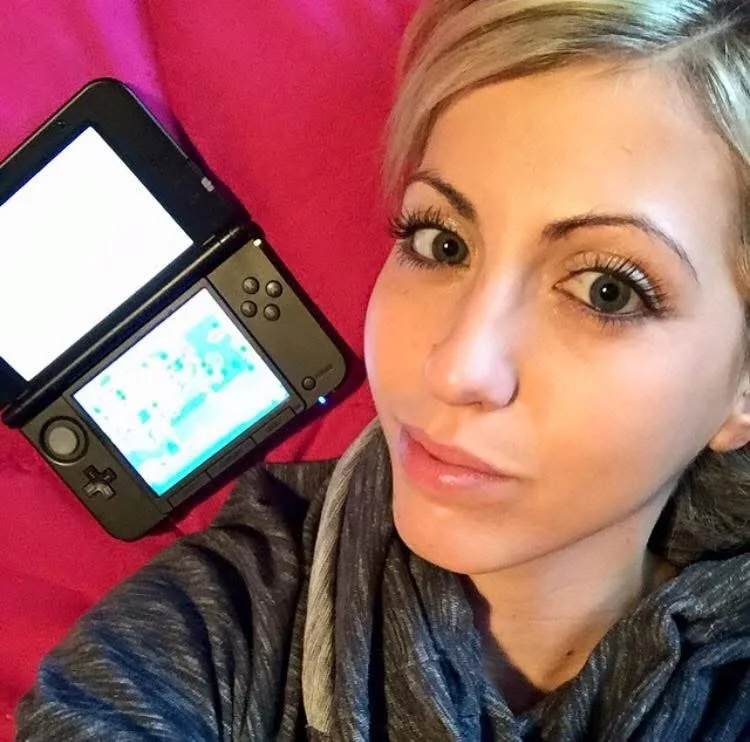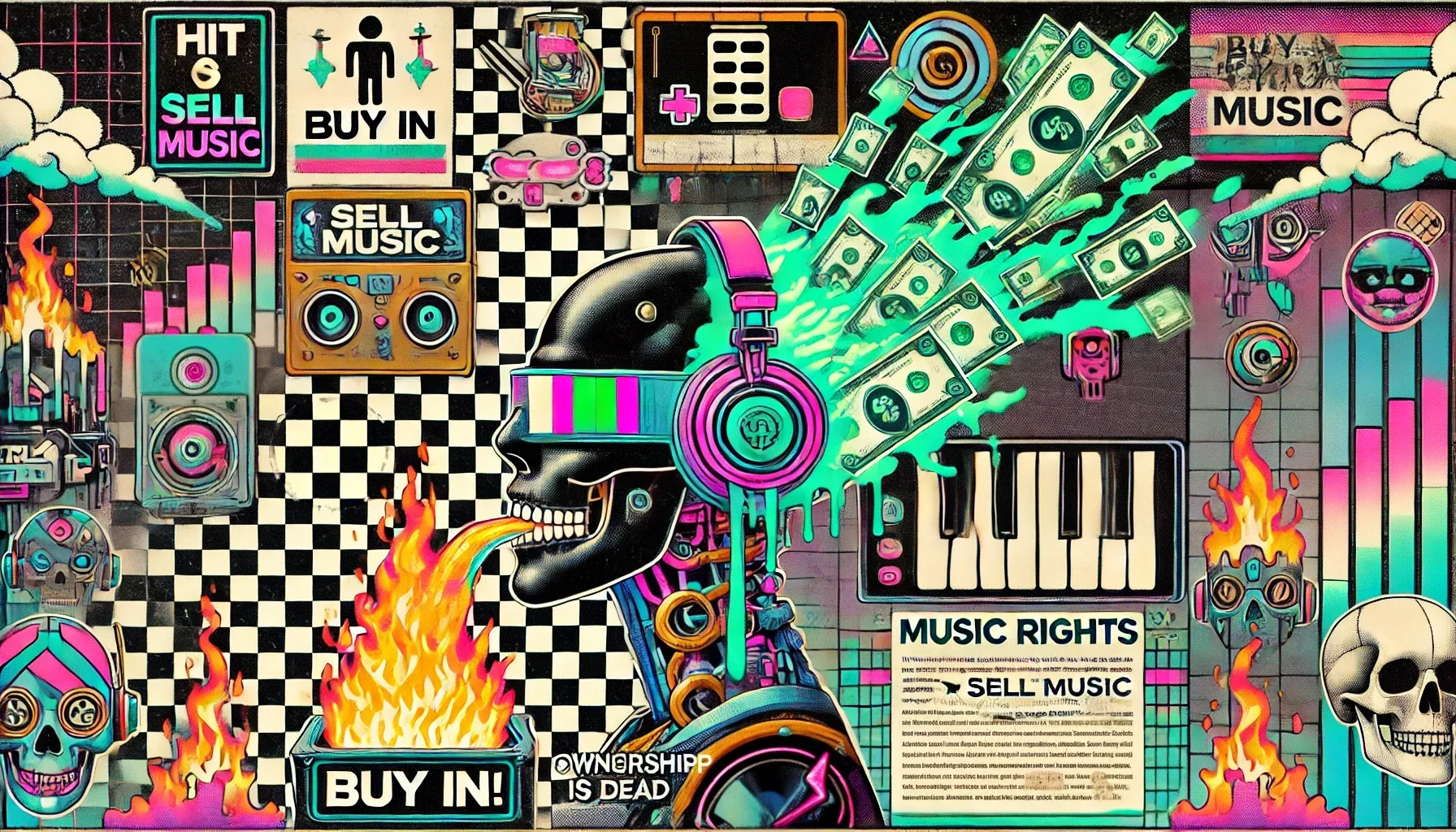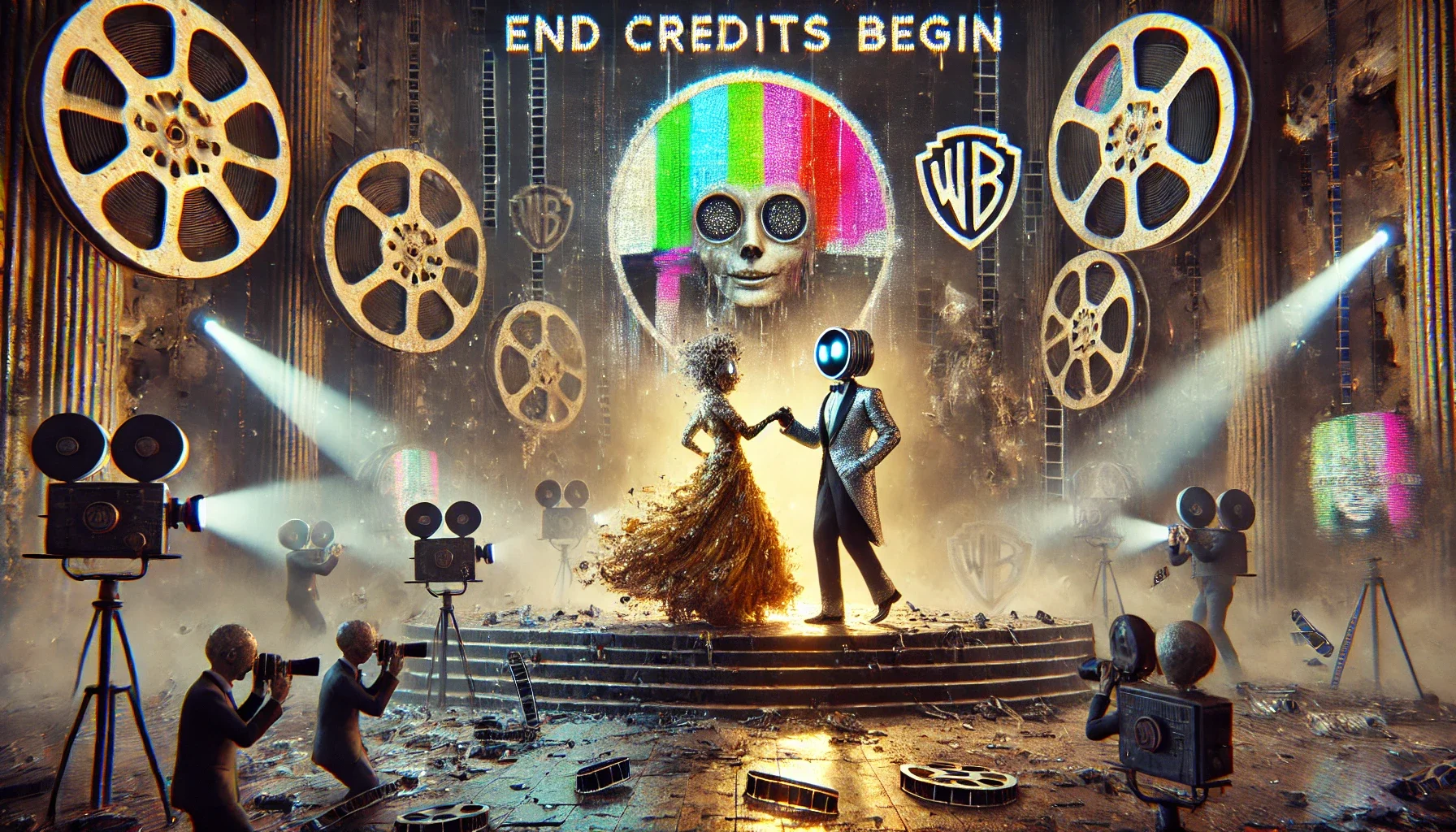The Alice in Amsterdam Experiment — A Very Curious & Cautionary Journey
“Imagination is the only weapon in the war against reality.”
What a long, strange trip it has been. I feel that in my bones. I actually get it now.
For a recap, I went to the Amsterdam Dance Event (ADE 2025) to seek truths I’d been questioning since my trauma there in February–March of this year, where I was missing for four or five days with fentanyl in my system. This traumatic experience resulted in Complex Post-Traumatic Stress Disorder (CTPSD), and it has been a living nightmare. However, it hasn’t been something I can’t overcome — my mentality is a pretty powerful thing.
On this trip, I did exactly what I planned — I unleashed the Pokémon Amsterdam Easter Egg Hunt experiment, which turned into the Alice in Amsterdam Experiment. Despite the hardships, I completed my mission, and I am proud of the results. And, before diving into my long, oddly tangled, half full story… I want to give everyone the quick, eye-opening metrics I received for the I Choose You Amsterdam #GottaCatchEmAll blog > tangible card sharing > digital activation campaign.
The Alice in Amsterdam Experiment At a Glance
Zero ad spend. The investment was a 20+ year Pokémon card collection, likely valued over $10K. Did the monetary value of the cards matter? Not to me — I cared about seeing how I could captivate people's attention, and giving away valuable cards to do so was a highly effective strategy. It sparked a lot of joy! I’m so happy about this.
Here is what I received from my Alice in Amsterdam Experiment (plus campaign):
130,000+ views
53 countries
6 continents
All of this was sparked by 750 Pokémon cards dropped across Amsterdam, Cologne, Frankfurt, and now Berlin (thanks to a friend, Jay, who took some for me this week!). Each card carried a QR-code that led curious hands straight to my socials or to my CoolStoryBro.blog writing about the intent of these experiments in a “campaign”.
Real-World → Digital Impact:
162 scans → 453 site visits → 253 full reads (avg. 11:56).
Note: While the scan numbers may be small, the focused engagement is massive for a small fish in the big internet pond. That’s nearly 12 entire minutes dedicated to the Pokémon hunt.
Results:
Instagram: 78K views | +975% link taps | 15 countries
Facebook: 24K views | +367% reach | 20 countries
TikTok: 25K views | 38% completion | 16 countries
YouTube: 50% retention | 20 countries
LinkedIn: +94% impressions | industry exec traction (Live Nation, AEG, MrBeast) | 13 countries
CoolStoryBro.blog: +2,000% traffic | avg. 11:56 read time | 24 countries
Total countries reached: 53
Bottom line:
Real people. In real life. With real curiosity that led to real, focused engagement. No ads. Just a cherished product of mine, kept in good condition, being passed out to spark genuine human curiosity and connection. And, a cute Pokemon easter egg hunt that exhausted me physically and mentally, yet scaled globally. I am proud of myself. And, I couldn’t have done it without my dad. I am so lucky to have a dad like him.
[Access my Alice in Amsterdam Experiment Results Here.]
Alice in Amsterdam Experiment: From Dark Trauma to Colorful Nostalgic Release
Let’s dive back into my Amsterdam/ADE story because it is one that is not of linear progression.
I have an amazing father who encouraged me to go to ADE for myself, for my visions, to find answers to my trauma questions, and because I’ve come so far in the global networking world. It started as a trip about closure and evolved into a trip of finding the meaning of life. So, together we went, blindly ready to take whatever was thrown at us.
Bright-eyed and bushy-tailed, I had this idea spark from the thought of, “How do I get people to keep my business cards?” My weird (awesome), neurodivergent brain immediately went to Pokémon cards. I thought, “Well, if the cards have value AND my business card, they are more likely to keep it.” Not only keep it but put it on a mantle somewhere because it’s cute and unique.
That is how the I Choose You Amsterdam #GottaCatchEmAll idea, blog, and social media campaign came to be. I kept digging into how to execute this and found amazing resolutions to put my idea into real motion:
Rare – Super Rare and/or Shiny: Put in hard sleeves with a business card that had the QR code plus my personal information on it.
Commons – Uncommon: Slap a QR-code sticker on the back of the Pokémon card, then put the card in a soft sleeve.
Energies: I had written little notes on these, but due to weight issues, I didn’t bring them, so it’s irrelevant but worth noting (it was HEAVY to travel by plane, train, and walking with these things!).
CoolStoryBro stickers: Circular stickers with a black and white checkered background, a bright orange teapot, cheeky phrases on it, and the same QR code.
Fidget spinners: LED fidget spinners to hand out to people at random at raves and teach them how to use them; the case had the CoolStoryBro QR-code sticker on it.
So, I got my massive collection of Pokémon cards that I’ve been building myself since 1998 and started going through the mass amounts of extras I have with my children. I grabbed cards as old as a true First Edition from 1998, and a lot are from the 2012–2014 range. I also ordered two big boxes of Japanese and English packs for my children and me to open up together, separating the rares/shinies from the regulars. It was an incredible bonding experience and also a great lesson about giving away things we love to brighten someone else’s day.
My children are aged four (Sophie, my girl) and six (Soren, my boy), so they didn’t quite understand the depth of what we were doing. But, they knew I was going to give them out, and they didn’t argue with me about it. HOWEVER, I allowed them to grab whatever cards they wanted (I’m mama—of course, they can have as many as they want). Then, the QR-code sticker slapping, business card inserting, and Pokémon sleeve protecting was all me for a few days right before traveling to Amsterdam for ADE.
Alice in Amsterdam: Down the Rabbit Hole We Go
“Oh my fur and whiskers! I’m late, I’m late, I’m late! Hello, goodbye — I’m late, I’m late, I’m late!”
The Gauntlet Run: Getting to Amsterdam
Arriving in Amsterdam was a really strange experience. I traveled alone from Denver to London Heathrow to catch a Eurostar train, but my flight sat too long on the tarmac, causing me to miss my expensive connection. I was rerouted to go through Belgium. In Belgium, I made a classic American mistake: I saw a train sign that simply said “Amsterdam,” thinking, oh, this must be it. I got on the wrong Dutch train and had to pay extra for my comfortable ticket (whoops!). I did all of this while lugging the extremely heavy supply of Pokémon cards. Putting this experiment into action demanded a huge amount of physical energy.
ADE Activated & Scrambling
I finally arrived, met up with a friend, got the blog written out and posted everywhere, and was juggling a potential job discussion with a friend in the States while kickstarting my ADE schedule. I started strategically leaving the cards on outdoor café tables, at official ADE events, in my hotel, and giving them directly to panel hosts or networking connections. I was constantly testing where I could leave them and if it was ethically correct, as I genuinely care about the environment and was sensitive to the cards being considered "litter."
I was in Amsterdam for ADE, juggling so much. I don’t know how anyone survives an event like this. Real talk: ADE is a marathon. As the days blended, everyone's full self emerged — some for the best, some for the worst. While some disappointments were understandable, I faced a few tough revelations about people I knew.
I had originally hoped a few of my best friends would help pass out the common Pokémon cards, but nothing came to fruition. That’s okay. I don’t blame them; they have their own lives, dreams, and boundaries. What I was doing in Amsterdam and the EU was, admittedly, a bit spicy.
The Hard Truths of ADE 2025
I honestly don’t even know what to say about ADE because I don’t really have anything nice to say from my perspective.
Note: This perception could be purely circumstantial to me, my situation, and me investigating for answers to the questions that arose due to memories of my previous trauma from Feb–March 2025.
The hard truth is that I found all my answers and most of these revelations weren’t pretty. They felt devastating, in fact. My rose-tinted glasses shattered for the second time in Amsterdam:
I saw some of my friends for who they truly are.
I saw industry leaders lying about their unethical use of AI and other modes of tracking.
I witnessed people stealing backpacks, sunglasses, and pick-pocketing constantly.
I was reminded how much of a surveillance state Amsterdam is (I call it “the eye,” because it is everywhere).
I saw men becoming more aggressive toward women (unwanted advances, rape, human trafficking—whatever the motivation, it’s not okay).
The crowd was predominantly male in both the professional and party worlds. It’s looking pretty grim for women professionals in 2025.
I felt like the entire vibe was off because it was too corporate, separating the elite from those trying to break in. There was no soul. A lack of heartbeat.
Event Chaos and Security Concerns
ADE panels were hard to get into. People were reportedly tear-gas bombed at multiple separate warehouse raves after waiting in line for over an hour because security wasn’t letting people in. This is a quick diversion tactic I experience at Global Dance Festival at Red Rocks in 2008. But, at ADE, I can’t say their motive was the same; perhaps it’s something worse.
Everyone, including myself, was having a hard time prioritizing what to do. ADE was boasting over 3,000 events. I felt like I was looking at the Cheesecake Factory menu on mega-steroids and about to have a heart attack from all the options.
Nothing stood out in the sea of mass.
I didn’t like that. Everything felt so controlled and hype-driven that people lost themselves. Bad behavior was happening everywhere. I even had moments where I felt selfish for putting myself first, using the excuse of avoiding FOMO, and choosing not to share a cab back with the few women I met. I regretted this personally and have thought about it a lot since. We choose our alliances faintly, but are our alliances choosing us? Getting caught up in that clique-y confusion is weird and seems immature, but I know I have personally noted that I will be better.
The Night the City Shut Down
My personal payback came when I went out of a bad-vibed show alone to get public transportation and my dumbass forgot the trains/trams shut down early (hmmm, by design?). I asked the police for help and received nothing. I asked a friend for help and got drama. Finally, I got help once two amazing and beautiful Dutch girls found me on a bench after I had fallen down a 5–6 ft window hole (in the ground) where I hit my head and smashed my arthritic foot (long story). They got me a taxi with another woman and tracked the taxi for me. I was so grateful. This is what women looking out for other women looks like, knowing the streets are not safe in Amsterdam past a certain time of night for single women.
Moments of Pure Connection Lives On
Despite the overwhelming negativity, corporate control, and bad behavior, there were profound moments of extreme joy and genuine connection that gave me hope and illuminated even during the city's darkness moments:
My Dad: The Ultimate Renegade Support. The fact that my father — at his old age — was there with me, doing this renegade experiment and supporting me every step of the way, filled me with intense gratitude. His presence was an anchor of unconditional love and validation, proving that the most important alliances were the ones built on family and our love and support for one another.
Friends Who Choose You. I had good friends who were completely okay with burying the hatchet regarding my trauma and moving forward. We acknowledged the past, kept our boundaries intact, and proved that our friendships were still just as strong. These moments of grace and acceptance were profoundly healing.
Sparks in the Crowd. There were pockets of absolute goodness in the sea of darkness, particularly within the nightlife itself. I experienced this vividly at a small Drum and Bass (DnB) rave. I passed out the LED fidget spinners to Europeans and taught them all how to use them. By the end of the night, the room was literally and figuratively a bit brighter with American flare, as small pockets of colorful light spun everywhere.
The Women Who Danced First. What touched me most was the group of women who danced right up front — an uncommon sight in the typically male-dominated DnB world. They were the real ones, owning their space and radiating energy. Seeing them felt like a victory for resilience and inclusivity. I loved it.
Big ups to the drum n bass babes in the front <3
These moments are the reason I feel compelled to do something about the darkness I witnessed. The genuine curiosity sparked by the Pokémon cards, the human connection of the fidget spinners, and the visible strength of women reclaiming their space prove that real, organic souls still exist.
The Larger Surveillance State
I have a lot of stark opinions about Amsterdam. To be honest, I don't think it’s even safe to say. I’m still mulling it over. But I can say this: I have seen a lot of darkness in the mass media. There is a whole lot of greed, control, and inexcusable behavior — possibly even at the disposal of a person who says anything that isn't conformity + going along with the music and tech narrative as it always has been… for decades.
Through my experience with the police, the UMC (“hospital”), and the government (plus a lot of investors who don’t exist on the internet), I do feel like Amsterdam isn’t being completely transparent about their surveillance. And, I think the EU internet websites are clunky and highly controlled by the government. It’s basically The Handmaid’s Tale, and the city/country/European Union is taking major steps backward from being the Cannabis and Prostitution capital of the world to some sort of dictatorship of reversing its wrongs. It’s odd.
Why I Loved Executing the Alice in Amsterdam Experiment
“I knew who I was this morning, but I’ve changed a few times since then.”
Despite the heavy emotional toll of returning to Amsterdam, the Alice in Amsterdam Experiment was an overwhelming personal and creative triumph. What I loved about it most was seeing my deeply personal, slightly weird idea prove a powerful truth about human nature. And, also, I was right about the idea in the first place. Yay, me!
1. Zero Ad Spend, 100% Genuine Connection
In an era dominated by targeted ads, opaque algorithms, and buying attention, the experiment proved that organic curiosity via a tangible product still wins. I personally reached 53 countries and 6 continents without spending a single dollar on promotion. The value wasn't forced upon anyone; it was discovered. It was a true, clean, analog-to-digital bridge built solely on the spark of a cherished childhood product and the irresistible mystery of a QR-code. This is genuine, grassroots scaling and is the ultimate testament to the concept's integrity.
2. The Power of Vulnerability (11:56 Minutes)
The most jaw-dropping metric was the average read time on my blog: 11 minutes and 56 seconds. Think about this for a second — in a world where attention spans are measured in seconds, people chose to dedicate nearly 12 full minutes to reading about my trauma, my CTPSD, and the philosophy behind the hunt. They didn't just scan the code; they chose to absorb the entire human context. The Pokémon card was the bait but the vulnerability was the reward. It proved that sharing something I once valued and was ready to let go led to results of deep, focused engagement from my viewers.
3. Rewriting the Narrative of Amsterdam
Every time I placed a card in the street, a café, or an ADE venue, I was reclaiming a piece of the city that had previously been associated with darkness and fear. The experiment allowed me to transform sites of trauma into locations of creation and connection in the most Stacy way possible. The city was no longer just the backdrop for my nightmare; it became the stage for my most successful, globally recognized project. The joy of the drop directly countered the memory of the past.
4. Spreading Joy is Contagious
I loved the immediate, visceral reaction from the people who found the cards. It was a tangible, unexpected gift that instantly brightened their day. Whether it was a rare holographic card rewarding a keen eye or the small burst of light from a fidget spinner at a rave, the experiment injected simple, pure happiness into the hyper-corporate, occasionally aggressive towards women environment of ADE. It was a silent rebellion built on nostalgia, generosity, and pure play.
5. Proof of Concept for a New Digital Future
The experiment successfully showed that we don't need to conform to the manipulative systems. I have seen some shit, first-hand, in the entertainment and content creation industry. But, I put my blinders on to the ones who were lurking and executed this experiment despite the odds. This Pokemon hunt is evidence that if the story is human, the product is valuable, and the curiosity is authentic, you can bypass the traditional gatekeepers and the surveillance systems while achieving global reach.
[Access my Alice in Amsterdam Experiment Results Here.]
“Begin at the beginning and go on till you come to the end: then stop.”
How I Really, Truly Feel: Great
I’m immensely proud of what I accomplished. A handful of Pokémon cards, a backpack, and a firewalled internet connection built a global experiment that reached fifty-three countries with real-time digital action. That’s not luck; it’s proof of concept. It is definitive evidence that story, emotion, and curiosity still travel farther than money ever will. Authenticity still wins in the digital void.
Now, I am passing this work forward — the data, the method, and the spirit — to academics, creators, and technologists who still believe art and analytics can coexist in this murky, AI-infested world. I am continuing to work on a few AI-tools because I think the next chapter of culture depends on people like us building systems that actually can feel somewhat human without feeling invasive.
I Am SPENT—Literally
Truth is, I am almost out of my savings. I have poured everything I had into the music, content creation, and entertainment industries — time, money, emotion, and faith. After this ADE, it’s time to figure out my next professional move. The music world has made it clear that they don’t appreciate a non-conformist brain like mine, even though they know, as well as I do, that I am correct on many aspects. No tears though and like, please, I’m never exiting music and you all know I’ll always be there like the ghost in the machine I am. But today, I am walking away from this experiment with real, actionable evidence, and I still have hope. I did it. And, it worked just like I knew it would.
The System’s Gaze and the Big Question
And, yes, I am aware my phone and accounts feel watched, throttled, and shadowbanned. I say things that push, challenge, or burn. I tell my truth. Maybe that makes me a target in systems built to keep voices polite. But, hey, I’m not backing down from that. Not now.
Throughout ADE and my travels, I noticed unsettling patterns — cameras, tracking, a quiet unease in spaces like the Adam Tower or other conglomerate-sponsored venues (and don’t get me started on corporate structures). I don't know if others have felt the same, especially women or foreigners traveling alone. But, I think it’s worth asking:
Maybe what happened to me isn’t isolated; maybe it’s part of the larger question this whole project of self-exploration and experiment has been circling: Who really controls the signal... and who gets silenced when they start tracing it?
“When I get home, I shall write a book about this place… if I ever do get home.”
The Story Evolves
Either way, this story isn’t over. It’s just evolving:
From a backpack experiment into a research project.
From a horrific trauma that got built into a case study and finding the real meaning of life.
From my relentless truth-seeking obsession that turned into a general world-view collective of awareness of the media as it is, where it’s headed, and I still hold hopes for sparking more conversations about getting this shit regulated.
Tell it real, tell it raw, tell it anyway.
Love, Stacy
DONATIONS APPRECIATED. THIS SHIT ISN'T FREE.
DONATIONS APPRECIATED. THIS SHIT ISN'T FREE.
I Choose You Amsterdam #GottaCatchEmAll
This year at Amsterdam Dance Event, I’m not pitching. I’m not chasing deals. I’m chasing wonder, passion, deep connection — and maybe expanding my network into your orbit. Maybe a dash of cute chaos, too. In color. With respect and honor.
Inside my bag is something I’ve protected for over 20 years: my childhood Pokémon collection — around 750 cards total. About 250 holographics in hard sleeves (you’ll have to find me for those), and 500 commons and energies scattered across the city for you and your friends to discover. This week, I’m letting them go.
Not sold. Not auctioned. Not tokenized. Just preserved because I cared — and now I release them because it’s time.
I’m turning Amsterdam ADE 2025 into a Pokémon Treasure Hunt. Every card you find is yours to keep. No strings attached — except, I hope, a moment of curiosity or joy. Maybe some sharing and trading. And, each one carries a QR code that leads back to me.
Yes, it’s a networking move. A guerrilla publicity stunt, sure. But it’s also a social experiment. I want to see how far joy travels when I let go — and who it finds along the way.
The ADE 2025 Pokemon Easter Egg Hunt
I’m leaving these pieces of myself all over the city.
Taped to street signs and mirrors
Slipped behind coffee cups
Hidden near conference halls
Maybe tucked into the pocket of someone who looks like they need a sign
Hard-sleeved holographics: the rare ones — you have to find me. Some are valued around $300 (maybe more), but that’s not the point. I WANT to give everyone these. It’s time for someone else to enjoy them and hopefully experience wonder.
Soft-sleeved commons & energies: for the streets — wanderers, night owls, and lucky finds.
Scan the code. You’ll land somewhere in my universe — maybe this blog, maybe a new idea, maybe a new friend. Honestly, I’d love help building a map of where they end up. If that’s you — hit me up.
It’s part nostalgia, part honoring tradition, part preserving history — and part releasing things at the right moment so the community can step into my little world of wonder.
Why I Became a Pokémon Master (of sorts)
Before I was a “music industry professional,” I was a kid at Nintendo conventions. My parents were independent contractors for Nintendo, selling commercial displays across the U.S.
I grew up around unreleased prototypes, game kiosks, and characters that felt alive—the Philips CD-i, the Cybiko, all of it. Before “influencers,” the convention floor was my front row. The kind of access ‘90s kids would have dreamed about.
I didn’t know it then, but it rewired me. It taught me branding can be beautiful and durable — not manipulative, but magical. These cards carry my stories. You’ll have your own. That’s the point: a tiny spark, a keepsake that lasts.
What’s So Great About Nintendo & Pokémon
I’ve had a Game Boy in my hands since I was four. That little gray brick with the green-tinted screen was my first portal — to story, to sound, to muted color, to control.
While other kids were watching Nickelodeon, I was speed-running Pokémon — hundreds of times — still chasing that spark of progress every run and each time I re-played I came up with a different strategy.
It was my first taste of immersion, that beautiful surrender where imagination and technology meet halfway. Not a bad thing — we already do it at raves. Different portals, same instinct.
Nintendo has been at this since 1889, starting in Kyoto with handmade Hanafuda (“flower cards”). Before pixels or the word gamer existed, they were crafting strategy, symbolism, play.
More than a century later, they’re still connecting generations through imagination, fandom, community, and creativity — not just what we play, but how we play and who we become through it.
There’s a story from Game Over that always stuck with me. When a new Yamauchi took over Nintendo in the late ’60s or early ’70s, the family message was simple but radical: “Throw out everything you know.” (paraphrased)
That mindset changed everything for their company and led them to amazing successes. It sparked innovation from the inside out — leading to the NES, the Game Boy, and the systems that redefined play.
Their goal was beautifully simple: to be in every home across the world. How? Use accessible hardware, then build worlds that pull you in through storytelling, design, and heart.
Nintendo has never been afraid to start over — quietly, behind the scenes — revealing work only when it’s truly ready. That’s why they remain timeless:
They protect what’s sacred
Yet constantly evolve (like Pokémon)
And, they reinvent (quite often) without betraying the soul of their mission
People criticize them for keeping IP close — too private, too protective, too stubborn. But, I get it. They’re guarding the spirit of their worlds.
They know what happens when creativity falls into the wrong hands — innocence becomes formula, and formula becomes commodity.
Nintendo cares — about story, about character, about us. They design for everyone: kids, teens, and adults — together. That care is why they’ve endured.
My Personal Pokémon Evolution
I’ve worked across almost every corner of entertainment — music, tech, AI, publicity, marketing, talent management. I’ve built frameworks, events, and creative ecosystems that bridge art and algorithm.
I’ve worked with giants — Disney, Twitch Prime, Uber, Hallmark Channel — and seen where the magic thrives and where it dies.
And, straight up, I’ve failed, repeatedly… a lot:
Projects half-finished.
Jobs lost.
Doors closed.
“Too loud. Too opinionated. Too emotional.”
Or maybe just too me.
But I’m still here.
Because when you love something — music, art, gaming, storytelling, connection — it doesn’t die. It just changes shape. That’s why this treasure hunt isn’t just nostalgia. It’s, essentially, alchemy.
I’m taking my past, sharing it with others, and hoping it fuels a future that still pauses to ask:
What’s my goal here?
Am I doing this for people, or for profit?
Both can coexist — but we all know how easily money can drain wonder from a person, or from a company that once had it.
Letting go is strange when your whole life’s built on preservation. I’ve always been a collector of proof — ticket stubs, backstage passes, photos, little whispers that say remember this.
But even the most beautiful things get heavy when they never move.
So I’m turning nostalgia into an offering:
Maybe a stranger finds a card, scans the QR, and tumbles into my world.
Maybe they remember their own childhood.
Maybe it’s silly.
Maybe it’s sacred.
Maybe it’s both.
Either way, it’s proof that connection still works without an algorithm.
Why I Choose You, Amsterdam (ADE 2025)
Amsterdam has always been my reset button — the city that reminds me I’m a fan first, not a founder.
This year broke my heart right open. It was traumatic. But, it is healing me in the best way. And, is why I decided to come back just for the sanctity of letting go — of possessions, of pain, of the need to always be “on.”
I want to see what happens when you take something sacred and release it into chaos.
Will people care?
Will it spread?
Will it mean anything at all?
That’s what ADE is to me — where art, business, and madness collide. It’s like tumbling down a modern-day rabbit hole. Hellooooo Alice in Amsterdam!
If one of my Pokémon cards ends up in a billionaire’s pocket, or on the dance floor at De School, or taped to a Red Light District window — good. That’s the point.
It’s all energy transfer.
Why This Stunt Really Matters
This isn’t nostalgia for nostalgia’s sake. It’s a study of human connection.
Can something as analog as a trading card still spark curiosity in a digital world?
Can physical media still connect strangers?
Can emotion travel through time, across continents, through plastic sleeves and QR codes?
I think yes — because I’m the living, walking, 90s kid caricature proof.
This collection has carried me through multiple lifetimes:
Childhood
Heartbreak
Motherhood
Burnout
Rebirth
Now I’m giving it to people who might need a spark of wonder more than I do.
Each card is a token of appreciation — for the community that made me, the scene that raised me, and the culture that continues to evolve because we refuse to stop believing.
Legacy, Loops, and Letting Go
I don’t see this as “giving up”. I see it as pressing restart.
Nintendo’s been doing that for over a century — adapting, reimagining, never abandoning their mission: bring joy to everyone, everywhere. If they can do that through every version of history, I can too.
So this is my experiment. My handshake with the universe... in beautiful Amsterdam. My favorite fandoms colliding in a non-linear, human way — kind of like how AI is evolving right now (and yes, I know how to utilize it at a high level).
And of course, my business cards are wrapped in childhood magic — something tangible to keep, to look at, to remember that play still matters.
Find a card.
Scan it.
Find me.
I planned to build a database to track it all, but ran out of time. If this sparks something in you and you want to help, hit me up.
Maybe nothing happens. Maybe everything does. Either way — it’s going to be fun.
Because letting go isn’t about losing the past. It’s about passing it forward while honoring and respecting the past, the old traditions that were fulfilling, and helping it not lose it’s magic in the sea of AI mass influx of whatever.
And if even one person smiles, connects, or remembers who they were before the world got loud — then this silly, sentimental, maybe-stupid experiment will have done exactly what it was meant to.
Play. Connect. Remember. Repeat.
And as always — Peace. Love. Unity. Respect.
Love,
Stacy ✌️
#GottaCatchEmAll
THIS SHIT AINT FREE. TIPS APPRECIATED.
THIS SHIT AINT FREE. TIPS APPRECIATED.
deadmau5’s $55M Sale: Music Rights Out, Gaming World In
I first saw deadmau5 open for Ferry Corsten at Global Dance Festival at Red Rocks Amphitheater in 2008. He was still pretty unknown but blew up soon after that. Personality, not for everyone: sharp, sarcastic, and openly allergic to the DJ influencer look. Can we really blame him though?
He’s a real one. A real internet dork through and through — it’s kind of part of his charm, at least to me. I mean, I saw him die in hardcore mode playing Diablo live at the first TwitchCon in San Francisco, year 2015, so his video game and Twitch credentials is not anything new. He’s still on brand… just now that brand is owned by CMG. He probably doesn’t give a flying fuck cause he cashed out high but let’s deep dive into this anyways.
I first saw deadmau5 open for Ferry Corsten at Global Dance Festival at Red Rocks Amphitheater in 2008. He was still pretty unknown but blew up soon after that. Personality, not for everyone: sharp, sarcastic, and openly allergic to the DJ influencer look. Can we really blame him though?
He’s a real one. A real internet dork through and through — it’s kind of part of his charm, at least to me. I mean, I saw him die in hardcore mode playing Diablo live at the first TwitchCon in San Francisco, year 2015, so his video game and Twitch credentials are not anything new. He’s still on brand… just now that brand is co-managed by CMG. He probably doesn’t give a flying fuck cause he cashed out high—but let’s deep dive into this anyways.
The $55 Million Play: Catalog Gone, Leverage Gained?
Just this year, in 2025, deadmau5 sold his entire back catalog and Mau5trap label to Create Music Group for $55 million. That means everything: from Strobe to Ghosts ‘n’ Stuff, plus all rights tied to his indie label and the tracks it launched (REZZ, Feed Me, No Mana).
But what exactly did he give up?
This wasn’t just a master rights cash-out. It’s a structured joint venture — future releases can still run through the pipeline they now co-own. Joel keeps his creative output moving, but CMG now helps steer the ship. Licensing decisions, monetization, syncs—those now run through their system. Whether he kept approval rights on how the catalog is used? That’s not public. And probably for a reason.
Who’s CMG — And What Do They Actually Do?
Create Music Group, aka CMG, is a rights-focused digital music company founded in 2015 by Jonathan Strauss and Alexandre Williams. They started by scraping unpaid YouTube royalties and now operate a massive distribution and monetization platform for creators, indie labels, and music IP holders.
CMG manages over 9 billion streams/month
Backed by private equity firm Flexpoint Ford, valued at over $1 billion
They’ve acquired Monstercat, !K7, Pack Records, Enhanced—and now Mau5trap
CMG’s core strength is data-informed catalog management. They specialize in licensing, syncs, branded partnerships, and long-tail streaming optimization. They don’t just buy music—they operationalize it. If that sounds clinical, it is. But it’s also effective.
Has deadmau5 Reached God-Tier in Video Games?
deadmau5 and video games have always co-existed. His whole ethos fits the architecture:
Streams gameplay and studio work on Twitch
Collaborated with Dota 2, The Sandbox, early Fortnite events
Launched Meowingtons Simulator in 2025, a glitchy Unreal Engine sandbox filled with deadmau5-verse deep cuts
This isn’t branding. This is just what he does. He thinks in layers—sound, visuals, interactivity. Games give him the kind of modular control traditional music never could.
So What Did He Really Gain?
He basically sold legacy weight. For $55 million, he bought a nice life AND the ability to go full throttle into interactive worlds, real-time engine builds, and whatever post-label weirdness he dreams up.
We don’t know how many strings are still attached. We don’t know if CMG has final say on future repackaging or legacy use. And with private equity behind them, the pressure to squeeze every drop of ROI from that catalog could be relentless. Time will tell.
Love Him? Hate Him? At Least You Could Respect the Good Parts
Joel isn’t cuddly. He’s not brand-safe. He’s blunt, obsessive, sometimes a little reckless. But he doesn’t fake it. He doesn’t posture. He doesn’t vibe-chase. He wants to make stuff and be left alone to do it well.
So yeah, he technically sold out. Strobe might score an allergy or depression commercial. Raise Your Weapon might sell protein powder or a BeachBody workout. I will probably actually loathe that entire part of this. But, does Joel, the hau5 of mau5, actually care? With $55M in the bank, probably not.
The question now isn’t what he lost — it’s what he builds from here on out. That’s the phase I’m gonna be focusing in on like the weirdo internet person I AM.
One thing is FOR SURE: It definitely will be interesting to see what he does in this next phase of his career.
Be weird. Be loud. Be the anomaly. And shut it the fuck down. ✌️
PLUR Is Dead, Media Is Concentrated, and I’m Tired of Staying Quiet
At the end of 2006, I found a Bassnectar track on my iPod where I shared the same iTunes with my brother so I had all this music from his times at Wakarusa on it that I explored. And, I remember I was driving my silver Volkswagen Bug about to turn onto I-169 off of Memorial in Tulsa, OK and a song/sound clip called “Inspire the Empathetic” by Bassnectar came on. I mean, it made me listen up IMMEDIATELY. Full sound up and was attentive… and this sound sample was about media concentration.
At the end of 2006, I found a Bassnectar track on my iPod. I shared the same iTunes account with my brother, so I had all this music from his Wakarusa days that I’d never heard. I remember I was driving my silver Volkswagen Bug, about to turn onto I-169 off of Memorial in Tulsa, OK, when a track called “Inspire the Empathetic” came on. I turned it up immediately. This sound sample hit — it was about media concentration.
It explained that in 1983, most mass media was owned by 50 companies. By 1992, that was cut to 24. By 2000, “the overwhelming majority of mass media was owned by only 6 companies,” which Bassnectar sliced and looped into his glitchy collage of sound. My punk rock heart was pissed — and I didn’t even fully understand what it meant yet. But it felt important. Like no one was talking about this. They still don’t. Our attention has been hijacked and shaped without us realizing it — and it’s been going on for 40+ years.
Around the same time, I stumbled across this goofy, early-2000s-style chart online. It was loud and kitschy, with a fake Tide-logo in the middle that said Ultra Concentrated Media — but what it showed was anything but funny. Disney. AOL TimeWarner. Viacom. News Corp. Bertelsmann. Six companies owned almost everything I watched, read, listened to, or thought was popular. The same company owned the news outlet, the TV station, the movie studio, and the record label — and they were all promoting each other’s content.
That chart branded itself into my brain. I can’t unsee it. I mean, just look at it! This was some time in 2007 and I think it was a few years old when I found it.
Even before that, I was already online deep. Could I claim to be one of the first e-girls? Probably. I was blogging on Xanga, posting on Eminem forums in middle school, and basically running MySpace in high school. Then in 2007, I reached out to Bassnectar on Myspace and got brought on around the time Underground Communication came out. My obsession with the internet and how we used it to connect sealed a lot for me: music, fandom, and how people respond to sound, energy, and meaning — especially when it’s driven by independent thinking. (Think: content creators now.)
That led me to study music business at the University of Colorado Denver… but eventually, I switched to communications, which I was double-majoring in. I realized I didn’t just care about the music industry — I cared about why people listened, how we receive messages, and who gets to define what culture even is. That’s when I landed in Dr. Brian Ott’s class: Intro to Mass Communications.
Dr. Ott: The Professor Who Gave Me the Language for What I Already Felt
I took two classes with Dr. Ott at UCD — and I wish I’d taken more.
That first class? Iconic. We spent an entire class, in that dark Tivoli auditorium, breaking down the song MmmBop by Hanson. Yes, seriously - engrained in my mind forever. So, Dr. Ott stood at the front and asked, “Why the fuck is this song popular?” No one had an answer — which was the point. We learned pop culture isn’t always about quality. It’s manufactured, pushed, repeated, and sold until it sticks. Ironically — kind of like the song Mmmbop.
He even wrote our textbook — Critical Media Studies: An Introduction — with Robert L. Mack. It broke down:
Ideology and hegemony – how dominant values get reinforced as “normal”
Political economy – how media ownership shapes content
Encoding/decoding – how meaning is produced by both creator and audience
Representation – how race, gender, class, and identity are portrayed (or distorted)
Audience reception – why people interpret media differently
Media convergence – how industries, platforms, and content merge
That class made it click: media isn’t just entertainment. It’s structure. It’s power. It’s a system that serves itself. It confirmed everything I’d felt since the Bassnectar Inspire the Empathetic track to the Tide-branded media concentration chart but this class in 2010 got my gears spinning in a more academic way.
Communications Theory: The Class That Cemented Everything
Later, I took Dr. Ott’s Communications Theory course. Year two or three. That one took longer to land — it was harder to wrap my brain around — but it sunk in deeper.
We traced communication across time: hieroglyphics, oral traditions, printing presses, books, newspapers, radio, TV, the internet, mobile phones, and now AI. Each shift gave us more access, but also more control. Dr. Ott made it clear: the smartphone wasn’t necessarily a good thing. It created an always-on media environment that didn’t empower — it tracked. It sold. It extracted.
I’m neurodivergent, and honestly? I barely understood half of what Dr. Ott was saying at the time, lol. But I remembered it. Communications was everywhere: in news, fandoms, politics, ads, branding, gaming. It overwhelmed me and it fascinated me, for life. And, my final paper about MMORPGs as full-blown communication systems with leadership, trust, and hierarchy built into the code — was just the start. I didn’t know it then, but I was already chasing the same questions I’m still asking now:
How do we connect? Who’s in control? What are we actually participating in?
And… what happens when we finally zoom out and see the whole system at play?
I Didn’t Get a PhD, But I Never Stopped Researching
I still think about going back to school for a PhD in communications — because I really do love and care about it that much. But life does life things. So instead, I lived it. I’ve spent the last 20 years learning through experience while keeping my academic brain running in the background the entire time.
I’ve studied music, pop culture, marketing, algorithms, and trend cycles. I’ve worked in entertainment, ran rebrand campaigns, help built brands, created content, learned literally every social and CRM platforms, and tracked everything I could about how media shapes people. I’m a quick learner, and what I’ve learned is this:
It’s not just that four, five, six companies (or dynasties or shareholders) own everything. It’s how that ownership shapes what we value, what we trust, what we pay attention to — and what we don’t.
The internet made us believe things were opening up. In reality, power just shifted. The old gatekeepers rebranded as platforms. Now we live in a world of algorithmic gatekeeping, corporate-funded content, and feedback loops that quietly tell us what to like.
The Point of All This — From One Ultimate Fan to Whoever’s Listening
I’m not doing this blog because I’m bitter. I’m doing it because I’m obsessed.
I’m a fan. Like, a real one. I grew up memorizing movie lines, quoting commercials, clocking pop culture references before anyone else. I can tell you exactly where I was during viral news moments, media scandals, the rise of YouTube, the early streaming wars, and when social media flipped the script on everything. I paid attention — not just to what we consumed, but how it was made and who was behind it.
And I’ve never stopped asking: “Why is this what we’re seeing?” Because I love this stuff. I love music. I love media. I love communications. And that’s why I care so much about how it’s being shaped, and who’s doing the shaping.
Not an Attack — Just an Invitation to Look Closer
When I break down corporate structures or name names, I’m not trying to destroy anyone. I’m just sharing what’s already out there — only in a way that’s more direct, easier to follow, and actually connected.
These companies are massive by design. They’re hard to trace for a reason. Their strategies are layered. Ownership is murky. The deeper you dig, the messier it gets. And most people don’t have the time (or energy) to go there. That’s why I do.
I don’t believe everyone working inside the system is evil. They’re not. I’ve worked inside it. I’ve met good people doing great work. I’ve also seen brilliant ideas get buried, accountability get dodged, and mediocrity get rewarded. This blog isn’t a hit job. It’s a curtain pull.
Because the story behind the story? It’s interesting. It’s dark. It’s often ridiculous. And it should be known — especially if it helps give people more choice, more agency, and more truth in what they’re consuming.
Communications Theory as Lifeline (and Lifelong Obsession)
The reason I keep coming back to communications — as a field and as a passion — is because it never stops giving me more to unpack. It makes my eyes go wide and my brain short-circuit. It’s the only subject that makes me want to scream and write 3,000 words at 3am while debating whether to make coffee or just ride the wave.
It connects everything: branding, politics, memes, AI, fandoms, systems of power, and the way people make meaning in the world. All of it. It’s all communication.
And in a year where I experienced deep personal trauma, starting this blog got me back to myself. It gave my brain somewhere to go again. It reminded me that I’m still curious. That I still care. That I still see things differently. And that maybe — that’s a gift I am not going to keep to myself anymore.
I’m not totally sure what the endgame is here. I just know I needed to start speaking up about something I care about deeply — because this stuff should be talked about. It’s real. It’s messy. It’s powerful. It affects everyone. Somebody has to start. So, heyyy…
Why I Use AI (and Why That Shouldn’t Be Taboo)
I use AI to help with the research — not because I’m lazy, but because these systems are so damn intricate that even a full-time researcher would struggle to keep up. What I am good at is asking the right questions. I know how to spot patterns. I know when something smells off. And AI helps me dig faster — so I can give you the breakdowns, the receipts, and the context in a way that makes sense.
Yes, I edit. I rewrite. I structure everything myself. I build the whole framework. But also? Who fucking cares. Why do you? Is that your argument here in this global political climate? lol. This blog isn’t about flexing authenticity for clout. It’s about access. And if I’m using every tool I’ve got to show you what I see — that’s the win, dawg.
One Last Thing (Because I Know Someone’s Gonna Say Something)
When I mention people by name, I do so carefully. I make sure what I’m saying is legally accurate and fair. Most of the time, if someone shows up here, it’s not out of spite — it’s because they played a role in the story, and I’m acknowledging that. I don’t use this platform to take cheap shots. If I write about someone, it’s either because I’ve thought deeply about it or because what happened mattered.
With Bassnectar — yes, I was once the head of the street team. And fuck yeah, those were some of the best, most fun years of my life (especially in the stage mob days). I’ve chosen not to publicly comment on the legal case, but I won’t rewrite my history or pretend those experiences didn’t shape me. It was a civil lawsuit, not a criminal one — that’s a fact, not a defense. I’m allowed to say his name and acknowledge my past without being shamed for it. Keep the two separate — because they are.
Also — in case you didn’t catch the full-circle irony — I’m writing all this on a blog domain that was reserved as a joke. The domain name idea came from someone I trusted who used to say “cool story bro” anytime I brought up something that he didn’t care about. It was his way of brushing me off — and eventually, he did a lot worse than that. He lied. Took money. Disappeared. Never made it right.
So yeah — it’s kind of poetic that this is now my blog. My platform. My voice. And my first real post? About power, silence, and calling things what they are? Yeah. That tracks. Makes me smirk a little.
To Close It Out
This blog started with personal frustration but it’s become something bigger. It’s a place where I can connect the dots between what I’ve studied, what I’ve lived, and what I know is happening all around us. It’s about media. Communications. Power. Memory. Accountability.
It’s about saying the quiet parts out loud — and not letting the people who benefit from silence keep rewriting the story. Whether I’m talking about music, marketing, or someone who just never made things right — this is me putting it all out there. Messy. Clear. Human. Honest.
Be weird. Be loud. Be the anomaly. And shut it the fuck down. ✌️
Paramount's Last Breath, Warner’s Big Breakup, and the Media Monopoly Unraveling
Welcome to the collapse—where billion-dollar media empires are eating themselves alive and blaming it on the algorithm. Warner Bros. Discovery and Paramount Global just confirmed what many of us already suspected: the system is cracking.
Welcome to the collapse—where billion-dollar media empires are eating themselves alive and blaming it on the algorithm. Warner Bros. Discovery and Paramount Global just confirmed what many of us already suspected: the system is cracking.
This isn't just a case of bad earnings or one-off layoffs. This is the boiling point after years of mismanagement, mergers gone wrong, inflated stock deals, bloated legacy infrastructure, and a desperate scramble to win a streaming war they weren't ready for. What’s happening now didn’t come out of nowhere—it’s the result of decisions made between 2018–2024, in boardrooms focused on short-term optics instead of long-term sustainability.
Warner is splitting because they can’t keep streaming profitable while being weighed down by cable. Paramount is merging with Skydance because they’re out of money, out of relevance, and barely staying afloat by selling off anything that still holds value. These aren’t strategic pivots—they’re survival plays.
WARNER: From Streaming Darling to Split Personality
2020: The Restructure That Sparked It All
I was there. I worked at Fullscreen, one of WarnerMedia’s absorbed YouTube and social media agencies, and was actually one of the last hires before it all came crashing down. I managed brand accounts for Twitch Prime into the Prime Gaming rebrand, Uber, Uber Eats, and Kroger. Then came the layoffs. Our whole 200+ person company was blindsided by corporate greed. I’ll never forget the BS conference call—Jason Kilar came on happy, literally smiling through a screen, talking about how everything was being refocused around HBO Max. Like, sir, we just lost our jobs and you’re hyped about streaming subs? I also was 2-3 months pregnant then so that was fun.
Fullscreen was gutted. HBO, Turner, and other divisions saw hundreds—if not thousands—laid off. Meanwhile, HBO Max was launched a little before then—when I was still on payroll. I just NOW lost my corporate discount a few months ago.
2021: The Calm Before the Spin
After the initial wave of restructuring and the corporate focus on HBO Max, WarnerMedia spent most of 2021 trying to play catch-up in the streaming wars. HBO Max was live, but the tech was glitchy, the brand was messy, and no one quite knew what differentiated it from HBO Now, HBO Go, or HBO regular. AT&T was hemorrhaging goodwill and cash. Executives were moving around like chess pieces, and the company's strategy felt reactive instead of revolutionary.
Behind the scenes, it was already clear that WarnerMedia’s future wasn’t going to be under AT&T for long. The debt from the Time Warner acquisition was crushing. AT&T began exploring exits.
2022: Discovery Merger Fiasco
Fast forward to April 2022: WarnerMedia merges with Discovery, forming Warner Bros. Discovery (WBD). Consolidation mania sets in, but the promised synergy never arrives. Instead, we get content removals, leadership shakeups, and a growing mountain of debt.
2024–2025: The Great Unbundling
By late 2024, WBD is ready to admit what we’ve all known: streaming and cable are two very different beasts. The company begins carving itself into two separate empires:
Streaming & Studios: Warner Bros., HBO Max, DC, gaming
Global Networks: CNN, TNT Sports, Discovery+, and cable nets
July 28, 2025: The Split Becomes Real
The new entities are officially named:
Warner Bros. = Streaming + Studio business
Discovery Global = Linear networks, news, and sports
Each will operate independently by mid-2026. The goal? Stop dragging streaming down with cable’s decline—and free Warner Bros. to chase growth and investors again.
PARAMOUNT: Selling the Dream to Survive
2019–2022: The Frankenstein Merger
ViacomCBS rebrands to Paramount Global, trying to stay relevant in the streaming race. It’s a mess of legacy media and half-baked digital ambitions. Paramount+ launches, but it can’t compete with Netflix or Disney+.
2022–2023: Paramount’s Panic Mode
While Warner and Discovery were sorting their Frankenstein fusion, Paramount was in its own spiral. The rebrand from ViacomCBS to Paramount Global was mostly cosmetic—intended to put the streaming-first vision front and center. But the product (Paramount+) struggled to resonate beyond a few nostalgic titles. And the truth is: they were late. Everyone was already locked into Netflix, Hulu, or Disney+.
Ad revenues started falling. Investor calls became more desperate. The company started trimming its fat—and then its muscle.
2023–2024: Death by 1,000 Layoffs
Thousands of workers are cut. Paramount Television Studios shuts down. VidCon and Simon & Schuster are sold off. The company bleeds cash while praying someone—anyone—buys them.
2025: Enter Skydance
So what exactly is Paramount trying to save here? Simple: control of its legacy, relevance in a streaming-first future, and any hope of maintaining its influence.
The truth is Paramount was too big to pivot quickly but too small to compete at scale. They were stuck. They didn’t own enough blockbuster IP to drive long-term subscriptions. They didn’t have the tech infrastructure or UX to keep users loyal. And they weren’t positioned to monetize international markets the way Netflix or even Disney could.
That’s why the Skydance merger is more than a lifeline—it’s a total identity rewrite. Paramount’s old structure was failing. This merger is a shot at becoming a content house with tighter overhead, fewer obligations, and a streamlined executive suite. But it also means the loss of autonomy—and maybe the eventual erasure of the Paramount name altogether.
They’re trying to save face, survive Wall Street, and stay on the invite list of whoever’s left holding power in the next phase of the entertainment industry.
Paramount finds its lifeboat: a merger with Skydance Media. The deal is in motion, aiming to close by October 5, 2025. But behind the scenes, more layoffs and consolidations hit the workforce like shockwaves.
This Week’s News: Warner’s Final Move
Warner Bros. Discovery officially names its split companies—cementing a decision to dismantle its 2022 mega-merger. The big reveal? Warner Bros. gets all the juicy IP and streaming platforms. Discovery Global is left holding the debt, the declining networks, and a 20% stake in Warner Bros.
Cable is out. Streaming is king. And traditional media? It’s looking more like a relic by the day.
What This Means for Us (aka the fans)
Let’s cut the corporate PR. These aren’t just strategic decisions. They’re symptoms of a broken model that’s finally showing its seams. Here’s how it impacts real people:
Workers are gutted while CEOs pivot and rebrand.
Fans lose access as content is pulled, merged, or paywalled.
Creators get squeezed out of revenue shares.
Your data is sold while subscriptions stack and prices soar.
What You Can Do:
Demand transparency: Push platforms to reveal where your money goes.
Support independent creators: Choose content outside the corporate umbrella.
Back anti-monopoly action: Call your reps. Share the story. Stay loud.
Talk about it: Hashtags, blog posts, IRL convos—it all matters.
TLDR:
Warner is splitting in two. Paramount is selling itself to stay afloat. The media monopoly is fracturing under its own weight. But the ones paying the price? Creators, workers, and us — the fans. It’s not just a business story. It’s a control story. And we’re here to break it wide open.
If this content hits you — even just a little like the reddit bros getting onto me about using AI — do something instead of calling me out with irrelevant criticism’s. The information and what this means for all of us in this as a UNIT together — THAT is what is most important. Awareness has to happen and it only can happen if you’re vocal, quick, and smart enough to know how to pivot. So, get off the soapbox and help me out please <3 The internet waits for no one.
Post about it on social media. Get loud on LinkedIn. Say the quiet part out loud. Be messy. Be sloppy. Be scrappy. I definitely am. I’m using AI to help break this down because that’s what it’s for: making this buried info digestible and shareable. If the intent is public awareness, then gatekeeping who gets to use tools like AI to make bullet points or connect dots is just playing into what the conglomerates want.
They want you to think it’s silly to speak up. That it’s too late to stand up. That no one’s listening. But the point isn’t perfection—the point is freedom. Freedom of choice, of information, of voice. Be an advocate for yourself, your kids, and literally the entire world. Because media and internet platforms are the world now—and there aren’t many hands controlling it.
These companies don’t just own what you watch—they shape how you think, influence your feed, and gatekeep opportunity. If we don’t speak up—no matter how sloppy, imperfect, or AI-assisted—we’re letting them win by default. So show up. Post. Share. Be loud… The cracks are becoming more visible now. Let’s make sure they don’t get content covered up over again and we all somehow forget what even happened.
Be weird. Be loud. Be the anomaly. And shut it the fuck down. ✌️
Burning Man, Billionaires, and the Media Matrix
Let’s cut the glowstick bullshit. Behind the lasers, the influencers with their Burning Man “status,” and that overpriced wristband that might as well light up on beat? There’s a stack of billion-dollar contracts, silent shareholders, and private equity deals that run deeper than your favorite bass drop… all while these same billionaires attend Burning Man to use as a tax write-off. Isn’t that something?
Let’s cut the glowstick bullshit. Behind the lasers, the influencers with their Burning Man “status,” and that overpriced wristband that might as well light up on beat? There’s a stack of billion-dollar contracts, silent shareholders, and private equity deals that run deeper than your favorite bass drop… all while these same billionaires attend Burning Man to use as a tax write-off. Isn’t that something?
This isn’t just about music or anything to do with Burning Man. That’s the entry point to get you engaged—because it’s flashy, loud, and emotional. Listen up because this shit IS important. Ahem…
What we’re really talking about here is control. Control of your feed, your taste, your outrage, your favorite artist, and your late-night scrolls. It’s the same handful of stakeholders operating across festivals, radio, streaming, social media, broadcast TV, newspapers, publishing, and film. And the wildest part? Most people don’t even know they’re in the simulation.
If you’ve felt like everything is starting to sound the same, look the same, and come from the same three headlines… it’s because it is. This isn’t about just music. It’s about narrative engineering, emotional capture, and it’s about power—power that hides behind brand logos and buzzwords like "community" and "authenticity." But make no mistake: it’s all designed to shape your beliefs, spending, identity, and even your outrage into a profit stream.
And here’s the scariest part: there’s no clean way out. No alternative app. No magic platform untouched by these same investors. The only way to shift this machine is to disrupt it from within—by using the same platforms they exploit to shine light on their manipulation. We have to demand transparency and accountability inside the system, because it owns nearly every route out.
1. Live Nation: The Public-Facing Puppet Master
Top Shareholders: Liberty Media, Vanguard, State Street, BlackRock, Canada Pension Plan, Rapino (CEO)
Live Nation’s biggest shareholder, Liberty Media, owns about 30% of the company—but that’s just one piece of the puzzle. Liberty also owns SiriusXM (and Pandora), and just scooped up MotoGP after locking down Formula 1. That’s music, motorsport, and satellite radio—controlled by one boardroom.
Why it matters: They can push the same artists across SiriusXM, package festival passes with race tickets, and flood your ad feed with "exclusive content"—all from their own ecosystem. This isn’t synergy. It’s monopolized influence.
And don’t sleep on the Big Three of passive investing—BlackRock, Vanguard, and State Street. These firms are everywhere, quietly embedded in almost every publicly traded entertainment company, every tech platform, every media outlet. They don’t just buy stock—they buy influence. And they hold the power to shape boardrooms and bend algorithms without ever appearing on a single festival flyer. And yes, you’ll find their managing directors brushing shoulders with billionaire tech bros out at Black Rock City, all under the illusion of radical self-reliance while writing it off their tax bill.
2. CTS Eventim: Europe's Quiet Gatekeeper
Top Shareholder: Klaus-Peter Schulenberg (39%)
You might not recognize the name, but in Europe, CTS Eventim is the Live Nation equivalent with a slightly better accent. Their CEO holds nearly 40% of the company, and they dominate both the ticketing game and the festival space across the continent.
BlackRock and Vanguard make an appearance here too (surprise), locking down equity while most people are just trying to lock in a ticket.
Why it matters: They own the platform and the party. That means artists, prices, and experiences get decided behind closed doors—long before you’re standing in line to get your wristband scanned. It’s a system that rewards consolidation, not creativity. And while you’re dehydrated in line for a €7 water, remember that the guys profiting probably just stepped out of an air-conditioned yurt in the desert where your rave rebellion was turned into someone else’s portfolio padding.
3. Superstruct Entertainment: Private Equity’s Festival Playpen
Owners: KKR (majority), CVC Capital (minority)
Superstruct owns over 80 global festivals—Sónar, Wacken, Sziget, Parookaville, and more. But what makes it different? It’s not run by music people. It’s owned by private equity behemoths: KKR and CVC.
KKR also owns Simon & Schuster, RBMedia, OverDrive, and a controlling stake in Axel Springer (home of Politico Europe, Bild, and Insider). CVC? They’re circling TV networks and major studios like it’s a buffet line.
Why it matters: These firms control the stages and the stories. From festivals to books to broadcasts, they’re orchestrating what gets seen, said, and sold. And when your concert ticket comes from the same fund that owns your news feed? You better believe the headlines serve the bottom line.
This is the new face of entertainment: finance bros with tasteboards. Culture is no longer created—it’s curated for capital. And yes, many of them do attend Burning Man, draped in techno-mystic mesh while scanning your social behavior for future data modeling.
4. AEG: The Billionaire’s Private Empire
Owner: Philip Anschutz (Anschutz Corporation)
AEG is the final boss of private control. Coachella? That’s them. Major U.S. venues? Them too. Philip Anschutz, one of the richest men in America, owns the whole operation. No shareholders. No public disclosures. Just vibes (and a paper trail of conservative political donations).
Why it matters: He owns the venues, the shows, the naming rights, and often the message. And unlike the rest of these guys, Anschutz doesn’t even have to pretend to care what you think. His politics? Funded. His artists? Hired. Your experience? Controlled.
You won't see him on the mainstage, but you better believe his fingerprints are on everything from the security protocol to the algorithm nudging your ticket purchase. And if he does show up? Probably on a helicopter with his tent already waiting somewhere near a private pop-up gallery marked "transformative experience."
How the Monopoly Machine Works
You discover an artist on Spotify. They’re signed to Live Nation. They tour through AEG venues. They’re booked at a Superstruct festival. Their merch and VIP passes are run through Liberty Media. Their exclusive drop is teased on SiriusXM. Your TikTok algorithm starts pushing clips. Boom—you’re sold.
Every step? Owned.
This isn’t innovation. It’s a closed loop. And the more you buy in, the more the algorithm doubles down.
And the system doesn’t just promote—it erases. If it doesn’t serve shareholder value, it gets buried. Not because it’s bad, but because it’s independent. And that’s the most dangerous thing of all.
The Media Bias Behind the Curtain
Here’s the real kicker: when your ticketing company, concert promoter, content platform, and news publisher are all funded by the same five shareholders, what you're consuming isn't journalism or artistry—it's ad copy.
KKR can turn a book into a film into a branded music moment at one of their own festivals. Liberty can flood your speakers and screens with prepackaged talent. BlackRock and Vanguard win regardless of who the headline act is.
And this is exactly why it matters: Because the media we consume is no longer a mosaic of perspectives. It’s a monologue from a few corporate mouths. What we’re being shown is only what’s most profitable to show us. The rebellion has already been branded, and the illusion of choice is more profitable than ever.
We’re being told we’re informed while being deliberately kept in the dark. We’re being promised access while being stripped of agency. This is not just consolidation—it’s colonization of attention.
And there’s no opt-out button. These same companies have stakes in your favorite apps, your favorite podcasts, your smart TV, your favorite influencers, your preferred ticketing service, and even the ads you think are random. So no, there’s no escape—but there is resistance. And that resistance starts by weaponizing awareness on the platforms they profit from most.
Conclusion: Don’t Just Follow the Money—Resist It
If we want to reclaim creativity, curiosity, and cultural evolution, we have to break out of the monopoly matrix.
Start asking the real questions: Who owns your favorite playlist? Who's behind your go-to news source? Who's pushing your favorite artists and shows and festivals?
It’s usually the same people. And they’re not just selling you content—they’re shaping your perception.
We need to stop dancing for data. The more we buy in, the more we’re bought. The more we scroll, the more they sell.
There’s no backdoor exit. But there is pressure. And pressure starts with awareness—posted, shared, screamed, and repeated until even the algorithm can’t ignore it.
We’re not in the crowd. We’re on the auction block. And it’s time to fuck with the script with our own words on their platforms.
Be weird. Be loud. Be the anomaly. And shut it down. ✌️
How Live Nation Hijacked EDM: The $17B Festival Monopoly Fans Can’t Escape
EDM isn’t just music—it’s a product, sold through a machine. Live Nation built that machine. From Creamfields to EDC Vegas, they’re the puppeteers of lineups, the gatekeepers to stages and the silent shareholders in your favorite artist’s brand. Here’s how they metastasized power—and why both DJs and fans should be alarmed.
How Live Nation Built the Festival Machine That Owns the Music, the Artists, and You
EDM isn’t just music—it’s a product, sold through a machine. Live Nation built that machine. From Creamfields to EDC Vegas, they’re the puppeteers of lineups, the gatekeepers to stages and the silent shareholders in your favorite artist’s brand. Here’s how they metastasized power—and why both DJs and fans should be alarmed.
The Deep Dive: Live Nation & EDM
Live Nation doesn’t just control festivals. They control the idea of what a music experience is supposed to feel like. And they’ve been building this monopoly for decades—right under our bright-eyed and bushy-tailed raving noses.
History & Evolution: From Promoter to Puppetmaster
1996–2005: Born as SFX Entertainment under Robert F.X. Sillerman, whose Wall Street wet dream was to consolidate independent promoters into one mega entity.
2006–2012: Bought House of Blues, Creamfields, and HARD Events—the EDM foothold was in full effect.
2010: The Live Nation + Ticketmaster merger became official. Welcome to total vertical integration: venues, tickets, artists, data—everything.
2013–Present: Strategic “partnerships” like Insomniac cemented Live Nation’s control over the entire EDM lifecycle.
This wasn’t an expansion. It was a corporate occupation.
The Live Nation Music Control Web: Festivals, Venues, and Artists
Venues:
Live Nation owns or holds exclusive booking rights to 338–377 venues globally like the Fillmore SF, Ziggo Dome, 3Arena, Hollywood Palladium, House of Blues, and every amphitheater your mom posts throwback photos from. If your artist is touring, they’re likely passing through Live Nation’s owned gates.
Festivals:
EDC, Creamfields, HARD Summer, Bonnaroo, Lollapalooza, Reading & Leeds, Isle of Wight, Rock in Rio, BottleRock, and need I carry on? What looks like diversity is actually centralized programming behind one curtain.
Artists:
So, Live Nation manages or contracts 400+ artists, with 90+ managers in-house. The high-profile “360 deals” (U2, Madonna, Jay-Z) are just the tip of what they control.
Fans:
Well, the own the data of 100M+ fans and do whatever they shall please with it. That’s not good for us, artists, or music.
In EDM? Artists often sign away touring, merch, and even branding rights just to get a fucking time slot. A “worthy” time slot at EDC could cost you your name, your sound, your rights, and your soul.
The Monopolized Money Machine
Revenue Source - 2023 Earnings
Concerts $13.5 Billion
Ticketing (Ticketmaster) $2.5 Billion
Sponsorship/Ads $1.1 Billion
Total $17.6 Billion+
Live Nation doesn’t just make money on the music. They make money on everything surrounding it—including you.
They’ve Got You Down to a Science
Live Nation doesn’t just own the shows. They’ve mapped your behavior, your psychology, and your spending triggers.
RFID wristbands track where you are, what you buy, who you watch, when you leave.
Dynamic ticket pricing spikes your FOMO into submission.
App push notifications are timed to your exact dopamine window.
Pre-sales, VIP tiers, early access, wristband-only perks—all designed to activate reward centers in your brain.
We could go as far as saying Live Nation doesn’t sell tickets - they sell dopamine hits. They prey on scarcity, status, and speed. Flash sales. Waitlists. “Only 4 VIP Sky Decks left!” It’s psychological warfare disguised as a presale link.
Your wristband isn’t just a pass—it’s a tracker. Your favorite set? Data point. That text alert pushing the next DJ drop? Algorithmically timed.
They’ve studied us. FOMO. Nostalgia. PLUR. Our desire to feel like we belong, that the rave is still counterculture, that this show will be the one that changes our life. And, it probably will… but, they’ll bill you for it in six different ways AND sell your data. Live Nation is not your friend.
But… the Music Still Slaps. Right?
Yes. This is the wild part: the music always has been and always will be great. The artists? Mostly still real. Still trying to push creative boundaries. Still hungry. But they’re boxed in.
If they want a mainstage slot, they likely had to:
Give up creative control
Avoid certain indie promoters
Align with the “Live Nation-approved” narrative
They’re not sellouts. They’re survivors. In a system that treats music like merch and art like ad space, some artists are just trying to stay afloat and live the “average life”, which is completely okay.
The Absurdity We Keep Buying—Because It’s Still Worth It
We know the 20-30% service fee is criminal. We know the merch is overpriced. We know we’re being watched, tracked, nudged, and profiled. But we pay anyway.
Because it’s still magic. Because being at a show still feels like church. Because dancing at 2AM reaching for those laser beams still reminds us we’re alive. Because no algorithm can replace that one drop that probably makes you cry.
So we go. We pay. We participate—even when we know the system is rigged.
Not because we’re blind. But because we deserve the joy, even when it's been commercialized.
Fan Impact: You’re Not Just the Audience—You’re the Asset
Average ticket base price: $40
Final checkout after fees and “upgrades”: $120–$300+
You’re the product, and they’re reselling you to sponsors, advertisers, brands.
Discovery is no longer organic. You’re being funneled to who they want you to hear.
And all your emotion? Captured, sold, retargeted.
fyi: Antitrust Warnings and Regulatory Heat
DOJ lawsuits and UK investigations are probing monopoly behavior.
Live Nation insists it’s about “fan experience,” not vertical domination.
Meanwhile, competitors can’t compete, artists can’t breathe, and fans can’t afford.
So What Do We Do?
This isn’t a call to cancel live music. It’s not even a call to cancel Live Nation cause shit don’t work like that I am sure you all know. It’s a call to take back our music narrative and to call Live Nation UP to do better.
For artists:
Avoid 360 traps
Retain ownership
Decentralize your booking power
For fans:
Support indie promoters
Demand transparency
Take off your RFID wristband after the fest
Talk about this. Loudly. Online. In real life.
Let’s be clear: Live Nation isn’t the only problem
CTS Eventim, Superstruct, AEG, and a swarm of smaller “independent” players are doing the same thing—just wearing different logos.
Same consolidation tactics. Same festival takeovers. Same shady surveillance and data deals. And here’s the real kicker: they often share the same shareholders.
This means your so-called “choice” between fests or ticketing platforms? It’s basically an illusion. A different mask on the same face. A different checkout screen with the same payout destination.
So whether it’s a Superstruct-owned “boutique fest” or an AEG-run amphitheater tour, the profits still funnel up to the same institutional investors who’ve never danced a day in their lives.
The house always wins. Unless we start calling it out—by name.
Final Takeaway
Live Nation didn’t just build a music empire. They engineered an entertainment matrix. A corporate funnel disguised as culture. A monopoly that sells rebellion. A machine that profits off your passion.
But passion is still ours, too. There’s more of us than them. So… TALK ABOUT IT. Demand changes. Tweet at them. LinkedIn this shit. Get on TikTok and rant (heyo that’s coming soon). Get on YouTube and explain your experience. Fuck it, write a blog like it’s 2001. I’ll help.
Cause… the shareholders, well, they own the internet and things can oddly disappear, information can be changed without us noticing, the news section is oddly populated with only big news sources, there’s these funny changes here with the US internet (more later), and it… IS ALL RIGGED.
So, we fucking talk on social media — the platform given to us by these geniuses where anomalies happen suddenly and social media users are quicker than the software engineering team. Use it. A lot. Who cares if you post a lot. Just vent about it like we did on Facebook a long time ago.
Be loud. Be weird. Be free. ✌️
The $238 Fee That Unmasked Music’s Corporate Machine
Four Paul McCartney tickets with my dad: $1,014
Ticket fees: $238
Total: $1,252
I am done pretending this is just about a ticket. Ohhh baby, it’s not.
Four Paul McCartney tickets with my dad: $1,014
Ticket service fees: $238
Total: $1,252
Image description: 4 aisle seat tickets for Paul McCartney at Coors Field on October 11, 2025
My dad paid—because seeing live music together is our special tradition we’ve done almost every year together since 2003.
We saw Paul McCartney in Las Vegas in 2004. Humorously, my dutch boyfriend was there (we were 17 lol). My mom was there. My dad cried during "Hey Jude" — I think that was the first time I saw him do that. Now, two decades later, we’re going again. Probably for the last time cause I don’t know if you know how old The Beatles are.
I am beyond annoyed. I loathe this, like, a lot. Here I am on my punk rock pedestal saying “I’ve been saying this shit for 20 years but no one listens to me” whole spit. But, nah, I think it’s time I just crack this corrupt system wide open for all you curiously frustrated people.
And, I am done pretending this is just about a ticket. Ohhh baby, it’s not.
The crazy thing is I had this LinkedIn Post that popped. And, I’ve been on that oddly addicting platform for over 15 years and never have had a glimmer of a breakthrough post. But, when I mentioned my outrage with Live Nation because of HOW much they profit they receive and with what (their monopolies, data, ticketing, RFID wristbands, etc etc) it really struck a nerve.
So, let’s tear the roof off the music industry… shall we?
The System Behind the Fee
This isn’t about convenience. It’s about control. That service fee funds a sprawling corporate entertainment machine that:
Owns the artist
Owns the venue
Owns the festival
Owns the ticket
Owns the merch
Owns the data
And owns the algorithm that decides what you hear next
This is what I call the Cerulean Blue Effect in action: the illusion of choice, wrapped in a pleasant interface, concealing systemic control — and all rooted in the very real love fans have for the music. They’re not exploiting our apathy — they’re capitalizing on our passion.
Who Owns the Music Industry?
Each company’s ecosystem is self-sustaining, built to keep fans inside and artists on-brand. Here's how they operate:
🟢 Live Nation Entertainment
Owns: Ticketmaster, 400+ venues across 40+ countries, 100+ festivals, Front Line Management (over 250 artists), plus production, marketing, security, and concessions.
Stakeholders: Liberty Media (~30%), Vanguard, BlackRock, State Street.
Catalog Control: Holds stakes in licensing catalogs via artist management and publishing partnerships — influences what gets pushed in playlists and sync deals.
Fan Ecosystem:
Ticketmaster collects detailed buyer data, which feeds into Live Nation's ad tech for retargeting. Their mobile apps, loyalty programs, and RFID tech reinforce behavioral predictions, fueling dynamic ticket pricing, merch offers, and tour announcements tailored to your habits.Festivals: EDC, Lollapalooza, Bonnaroo, Governors Ball, BottleRock, Austin City Limits, Rolling Loud (partial deals).
Artist Deals: Madonna, Jay-Z, U2, Shakira, Blink-182, Logic, Red Hot Chili Peppers, Foo Fighters.
Rising Artists: Teddy Swims, Jessie Murph, KennyHoopla, Ice Spice, Peso Pluma, Chappell Roan.
🔵 AEG (Anschutz Entertainment Group)
Owns: 120+ venues globally, 30+ festivals, AXS ticketing, Goldenvoice, The O2 Arena, Crypto.com Arena, Dignity Health Sports Park, LA Live.
Stakeholders: Privately owned by Philip Anschutz; indirect ties through foundations and legacy investment structures.
Catalog Control: Goldenvoice promotes high-revenue legacy acts and newer signings; sync and brand tie-ins reinforce catalog monetization.
Fan Ecosystem:
AXS integrates with Clear biometrics and app ecosystems, leveraging facial recognition and location data to push VIP upgrades, early bird deals, and tiered experiences. AEG’s sports holdings allow for cross-promotional campaigns across fan demographics.Festivals: Coachella, Stagecoach, Firefly, All Points East, Hangout Fest.
Artist Focus: Taylor Swift, Beyoncé, Harry Styles, BLACKPINK, The Rolling Stones.
Rising Artists: Omar Apollo, Remi Wolf, Yves Tumor, Jean Dawson, Victoria Monét.
🟠 CTS Eventim
Owns: 200+ venues in Europe, 40+ major festivals, 60+ promoter and ticketing subsidiaries including See Tickets (UK/US), TicketOne (Italy), Ticketcorner (Switzerland).
Stakeholders: Klaus-Peter Schulenberg (~39%), BlackRock, Vanguard.
Catalog Control: Direct promoter-artist deals feed into broadcast licensing and sync rights through European broadcasters and digital platforms.
Fan Ecosystem:
Deep integration with See Tickets and Eventim analytics tools track purchase behavior across borders. Eventim-owned DSPs and ad networks help cross-sell experiences and monetize fan loyalty via tiered access, early access email programs, and behavioral coupons.Festivals: Rock am Ring, Hurricane, Southside, Love Supreme, Deichbrand, Airbeat One.
Artist Reach: Rammstein, David Garrett, Peter Maffay, Andrea Bocelli.
Rising Artists: Fred again.., Nia Archives, Paula Hartmann, LUNA, Schmyt.
🔴 Superstruct Entertainment
Owns: 85+ festivals, 15+ production companies, and venue partnerships worldwide.
Stakeholders: Providence Equity (founder), now KKR & CVC Capital.
Catalog Control: Partners with ID&T and Defqon.1 label projects; integrated with global electronic and techno publishing networks.
Fan Ecosystem:
Leverages loyalty wristband tech, brand activations, and international ticketing partnerships. Known for hyper-personalized email marketing and RFID-enhanced fan tracking at events, which is shared with brand sponsors for hyper-targeted post-festival engagement.Festivals: Sziget, Sonar, Boardmasters, Elrow, Wacken, Awakenings, Defqon.1, Mysteryland, Thunderdome (via ID&T).
Artist Focus: Carl Cox, Charlotte de Witte, Peggy Gou, Armin van Buuren, Tiësto.
Rising Artists: Héctor Oaks, LSDXOXO, VTSS, Anetha, SPFDJ, Chris Avantgarde.
How They Track and Control Fans
These companies don’t just promote shows — they profile your behavior and engineer your next experience. Here's how:
RFID Wristbands:
Used at most major festivals and venues to monitor where you go, how long you stay, what you buy, and who you interact with. This data is monetized through sponsor partnerships and targeted marketing.Dynamic Pricing:
Based on your browsing and buying history, ticket prices are adjusted in real time using AI — the more interest you show, the more you’ll pay.Behavioral Targeting:
Your activity on apps like Spotify, YouTube, and Instagram is cross-referenced with your ticketing history. Personalized ads are pushed to you when you're most likely to convert.Geo-fencing and Location Tracking:
Fans inside venues or festivals are digitally tagged for follow-up offers and artist-specific campaigns post-event.Data Partnerships:
Collaborations with platforms like Meta, Google, and Spotify let these companies track fans beyond the show — into your feed, your search history, and even your playlists.Fan Loyalty Algorithms:
Engagement scoring ranks how “valuable” you are as a consumer and serves you early access, exclusive merch drops, or VIP upgrades — all based on your data profile.
This isn't just about delivering great shows — it's about controlling the pipeline from discovery to transaction, all while building a predictive model of your musical life.
How the Ecosystem Feeds Itself
Each of these corporations has built a closed-loop entertainment empire where artists, venues, data, and content all feed into their own ecosystem — amplifying their power and market control.
Catalogs:
Stakeholders like Liberty Media, BlackRock, and KKR have a hand in both the ownership and distribution of massive music catalogs — from legacy icons to AI-trained up-and-comers. These catalogs aren’t just for listening; they’re mined for data, licensed for media, and used to train algorithms to predict what we’ll want next.Stakeholders:
Investment giants (Vanguard, CVC, State Street) profit from every ticket sold, stream played, ad viewed, and venue filled. The music becomes just one spoke in a financial flywheel turning toward quarterly gains.Fan Data:
All that biometric, behavioral, and purchase data? It feeds proprietary dashboards used to decide which artists get a push, which venues get bookings, and which fans are most profitable.Monetized Loyalty:
The more data you generate, the more you’re shaped into a 'fan type' — which triggers automated offers, early access invites, merch drops, and targeted content. This isn’t fandom. It’s segmentation.Platform Interlock:
These conglomerates collaborate with social media platforms, DSPs, merch vendors, and ad tech firms to circulate their artists, boost tours, and prioritize their properties algorithmically. Your Spotify suggestions and your YouTube ads are often just mirror reflections of what one of these giants is trying to sell you.
It’s not just a business. It’s a feedback loop of influence — a full-stack entertainment monopoly built on emotional connection, optimized by machine learning, and bankrolled by global investors.
Trapped In, Locked Out: The Artist Dilemma in the Corporate Music Machine
The music industry’s not just expensive for fans. It’s a trap for artists, too.
Whether you’re in the system or out of it — you’re losing.
If You’re In the System (Live Nation, AEG, Superstruct, etc):
You’re likely signed to a 360° deal. That means:
You don’t just give up streaming rights.
You give up cuts of touring, ticketing, merch, sync licensing, VIP, AND data.
You’re booked on festival circuits owned by your boss (Live Nation owns the festival, venue, ticketing system, and sometimes even your manager). You perform in a pre-engineered slot, surrounded by other “roster acts” to keep it all in-network.
You’re told it’s a career-maker. But here’s the truth:
You can’t negotiate set times
You can’t sell merch freely (many venues take a 15–25% cut)
You can’t bring your own openers
You’re forced to tour where it makes corporate sense — not where your fans actually live
You’re profitable. But you’re not free.
If You’re Outside the System:
Good luck.
Can’t book major venues — they’re owned by Live Nation or AEG
Can’t get prime festival slots — already spoken for by in-roster talent
Can’t run your own ticketing — you’ll be throttled by algorithms and platform limitations
Can’t get press — many outlets rely on relationships with the same corporate PR firms
Even worse?
Spotify and YouTube algorithms are trained to favor in-network artists
Discovery playlists are not neutral — they’re engineered funnels based on marketability, ad partnerships, and backend priorities
Touring independently costs more than it returns, especially with rising travel, hospitality, and insurance fees
So while corporate-backed dumb dubstep artists play random big shows for $75+ a ticket, other cooler artists — with real sound that isn’t a Bassnectar wannabe like we’re in 2013 — can’t even get booked cause it’s “just not the right vibe”.
The Result?
Mid-tier, algorithm-friendly acts flood the festival circuit
Real talent gets buried under marketing budgets
Ticket prices skyrocket, and fans get less while paying more
Fans settle for “just okay” live experiences because there’s no access to better ones
It’s a feedback loop:
Data → Drives funding → Drives festival slots → Drives ticket pushes → Feeds more data.
And if you’re not already inside? You’re outside the wall — unheard.
What Needs to Change?
Venue independence
Artist-first ticketing and merch splits
True platform transparency in discovery and streaming
Fan funding and direct artist support as a viable revenue model
Curated community events not controlled by Live Nation, AEG, or PE-backed collectives
My WORD IF IT MEANS ANYTHING
I’m not just calling this out — I’m tracking it. The only way past is through bitches — and we have to find a way to work together while holding big money and big data machines accountable.
Every backdoor deal. Every tour ad funnel. Every artist contract clause. Fans deserve affordable shows. Artists deserve more than exposure. And we all deserve to be treated better than whatever this data monster shit is.
This culture deserves clarity — and actual choice.
Maybe you heard it here first. Maybe you didn't. Does it matter?
—Stacy
THIS SHIT AINT FREE
✌️
THIS SHIT AINT FREE ✌️
Whatever Happened to PLUR? Ego Killed the Dance Music Star
Dance music saved us—the misfits, the dreamers, the ones who didn’t belong anywhere else. But somewhere along the way, the magic got lost, buried under clout, ego, and greed. This is my raw, unfiltered story of navigating the chaos, calling out the bullshit, and fighting to bring this community back to its roots. If you care about the soul of dance music, this one’s for you. Let’s fix this together.
Dance music saved us—the misfits, the dreamers, the ones who didn’t belong anywhere else. But somewhere along the way, the magic got lost, buried under clout, ego, and greed. This is my raw, unfiltered story of navigating the chaos, calling out the bullshit, and fighting to bring this community back to its roots. This is a cautionary tale of choosing love and hope over hate.
Here’s a shocking statement to the dance music community: Dance music changed mine and a lot of other ravers's lives. We are likely the misfits of our generation, we likely were bullied and were looking for a place we belonged, we all are probably neurodivergent in some way and either knew it or didn’t know it, and we all had varying addictions whether it was the music, the need to be around a ton of people and not alone, hustling drugs to make some easy cash to pay the bills, or, worse case scenario, you were actually addicted to drugs and it had an environment to support that addiction.
It was a magical time, place, and space filled with completely authentic representations of individuality in the most flamboyant ways possible. There were so many subcultures within the subculture and styles of fashion you would never see out in the public at that time or still to this day. We all embodied the PLUR mentality, which stands for Peace Love Unity Respect (we even have a cute handshake), and despite our individual groups, we ALL accepted anyone from anywhere as they were and are.
I like to view ravers as people who have intention. Seeking a rave needed intention to find it in the first place. The reason for seeking one out had an intention to either mask, survive, or heal from a person’s life stressors and traumas. Being at a rave there's an intention to authentically let go, be yourself, and accept others. And, when you left a rave, you left with the intention of continuing on the pursuit of happiness. At least, it used to be that way.
My name is Stacy Morrow and, for better and for worse, this is my dance music story. One that is filled with the most fucked up and beautiful memories I’ll have forever. Some in my darkest hours, some in my lightest hours, and some where it’s kind of both. I’ve been around the block a few times and I think my story will shed some light on what happened to dance music.
From Obsession to Profession
It all really started during my first weeks of my Summer semester at Fort Lewis College in 2007. I had been on punk street teams before and my new music obsession at the time was Bassnectar so, in pure Stacy fashion, I had the audacity to hit him up on MySpace to ask if he had a street team (he did). This was my beginning of a very wild ride in dance music culture that I’m still riding today.
Look, hate on Bassnectar all you want today, but the fact of the matter is that his music was and still is especially unique, his DJing skills are unmatched, he had a message that resonated with a lot of people, and his live shows were the most fun we will ever have. I mean, it was my fucking life for a good 5 years. I posted the shit out of Colorado and online with Bassnectar materials, I gained a good reputation so I became sought out by other promoters in Colorado, I met my ex-boyfriend Jantsen who I dated for about 3 years because of him, I even got my degree in Mass Communications because of his music, and overall this period of my life that revolved around his music was completely formative to my dance music obsession turned identity turned career.
Tbh, it’s weird to discuss my professional history in dance music. The best way I can sum it up is that I had this raging insatiable appetite to go to as many shows as I could, be as intertwined with any Colorado dance communities that existed, make it known that I was queen of dance in some way involving the internet and I was gonna be THE PERSON to dominate this impossible industry, and I picked up any job I could get my hands on, which was actually really difficult at the time as a female. From 2007 to 2015, I had an epic dance music run with jobs as a radio DJ, promoter, event manager, lots of publicity work, and my entry into talent management. It was an extremely wild ride that I gave up graduating on time for cause I was so dedicated to the Colorado music scene.
The Rise and Fall of the Scene
Truly, it was so amazing and blissful until it wasn’t. As dance music broke into the mainstream, it brought bigger stages, mind-blowing visuals, and legendary lineups. At first, it felt like a victory. But with all the new and renewed popularity came toxicity. What was once a culture of acceptance morphed into a status-obsessed cesspool. VIP became a mindset, not just a section. Backstage personalities grew vapid, and PLUR was left in the dust.
The turning point? Our so-called rave champions, Pasquale Rotella and Gary Richards, sold out by selling a large portion of their company or their entire company to Live Nation, the corporate giant notorious for squeezing every dollar out of music lovers. With those few moves made here in America, rave culture was no longer ours. It became a commodity. PLUR was becoming exploited. Money talks, doesn’t it?
Social media amplified the superficiality. Manufactured aesthetics replaced authenticity, and cliques started gatekeeping the scene. You weren’t a “real” person of dance music culture unless you’d been to Burning Man a dozen times and knew the “right” people. It was no longer about connection; it was about clout.
To be frank, I was fortunate in some ways to have dipped out of the industry as a professional to enter the corporate marketing world for 7 years. I still dabbled in shows, I still kept up with some of my friends, I still read articles to keep tabs on what the haps were, and I most definitely was observing everything online throughout that time.
During this time is when I started to open my eyes, connect the dots of my corporate and personal life experiences to what’s going on in the music industry (and mass media as a whole), and I was able to finally see the cracks in the music and wider entertainment industries. Since I have seen the evils of what this industry can do and be, I sifted through my emotions of anger, depression, and annoyance to realize the only way past is through and the only way I know how to respond is with the intention of hope and the ideology of PLUR.
So, with that said, let me be as straight up as I can be…. There is rampant use of various forms of manipulation tactics entertainment business professionals use on their talent to keep them in their control, just for their own pockets. I have seen this all throughout talent managers, booking agencies, production companies, ticketing platforms, SaaS products, and even my own friends who turned against me.
We have this beautiful communication medium, music, that has the greatest potential for impact to the global masses and actually create real change by allowing people to say what they need to say to begin the healing process because the world is on fire right now I’m not sure you’ve noticed. But, instead these betrayers are driven by ego, status, fame, and money. They would rather line their pockets instead of remaining on their original mission of living by example of the Peace Love Unity Respect mentality. It feels cold and dark here. I don’t like it.
Betrayal in the Scene (Hold Onto Your Butts… this is long)
For a while, I’ve been on a quiet mission trying to figure out what I’m seeing is true, hiding in plain sight, by observing and piecing things together and came to the conclusion it’s time for me to reclaim my power by speaking up and out. Long story short, I got caught in a toxic, co-dependent situationship with someone who identified themselves as a self-proclaimed “rave lord” who I thought was my good friend, my best one at the time actually, only to find out he was using me while going around saying how crazy I am and how embarrassed he is by me. Ouch.
For context starters, I got notice that my husband wanted to divorce me in August 2023 soon after our son’s birthday. No, I absolutely will not go into any details except to say it was insanely traumatic and still is. Soon after the divorce process started, my hometown rave friend I barely knew hit me up asking me out in our hometown of Tulsa, Oklahoma - I was like OMG YEAH cause it’s Tulsa. I had zero idea if it was a date or not (tbh, I still don’t) but regardless we hooked up cause that’s what tormented mid-30’s people do when they’re single.
Little did I know I had opened pandora’s box during a time I definitely had no business in doing so. But, to be fair, I had no idea. We really didn’t see each other much, I was seeing other people, he probably was too, and he was leaving for Bali being a bit existential and I was like “yeah, I don’t think we’re really a match” cause I thought we were just friends, and then he goes off to Bali and calls me. Every day.
He started pitching me all these fantastical ideas, name-dropping his contacts, and we bonded a bit over our shared love of travel and music. He was hyping me up, being really friendly, and, honestly, I appreciated it—I was a lonely single parent navigating a traumatic divorce that was still and is new. He knew I was working to launch Pioneer Pill, one of the ventures in my media conglomerate plans, and offered to help by acting as a sort of product manager. I thought, “Great, I really need the support.” But six weeks later, he came back with someone he likely found in Bali, quoted it as a $10K project, and casually added, “Oh, and you’ll need to pay me $2K in commissions.”
Look, I’m a people-pleaser, and giving is my love language, so when he brought up a $2K commission out of nowhere, it felt off. I thought he was helping as a friend, but suddenly the project ballooned to $20K—double my budget. Still, I moved forward, giving him tasks to manage, but he did nothing. When I questioned him, he claimed it wasn’t his responsibility. I felt used and confused, especially as a vulnerable single parent craving human connection.
Meanwhile, he kept calling daily, hyping me up, bringing vague opportunities, and talking about becoming a travel vlogger like Anthony Bourdain. I loved YouTube, admired Bourdain, and thought, “Maybe this could work.” I even restructured my plans to prioritize Ghost in the Machine, which was great because it is my largest passion project.
Things got really twisted for me right here. Many more phone calls occurred, statements of “I love you” (as a friend) were happening, then one concerning injury happened to him in Bali, and here I am on a rescue mission to bring him back home to American healthcare and be around his family. This. This is all it took for me to be warped into this crazy game of manipulation that was so distorting and, well, utterly heartbreaking that it felt like I was living a nightmare. I can’t even believe what the hell has happened. It’s still hard to process.
His name is Mohammad Khan. I truly thought he was my friend—someone I loved and cared for deeply. But the reality was far from what I wanted to believe. He manipulated me into thinking he was genuinely helping me achieve my goals, but in truth, he never made a single solid move. It really freaking sucks to realize. Here I was, pouring my heart into building something meaningful—an ethical, forward-thinking company with a moral code—and he was doing the exact opposite, using smoke and mirrors to disrupt and change my reality while pretending to support me. What the actual fuck?
I’ve had to learn so many hard lessons this past year, and honestly, I’m exhausted. Mohammad came into my life, weaving grand promises, flaunting his connections, and presenting himself as someone who could help me build my dream. He talked a good game—one of the best I’ve ever heard in my entire life. He’s incredibly charming and cute. He convinced me to trust him, but as time went on, it became clear that it was all talk. He never followed through on anything. Instead, he exploited his connections to inflate his own status, made vague promises about doing big jobs for me, and then, when he didn’t get his way or I started asking questions, his entire attitude shifted.
Burning Man was the breaking point. I helped him prepare for it with a lot of care and intention, thinking this would strengthen our partnership and it made me feel excited to make my mark on the playa before I go next year. I made his gifts, bought items, helped him pack—all because I believed in what we were supposedly building together. He even left with promises to finalize crucial legal documents and help prepare for our yacht adventure in Egypt, only to deliver nothing. Not a single thing. Instead, he came back saying it was all his idea, his dream, and dismissing my contributions entirely. Then the gaslighting became rampant to me about our plans, he was calling me crazy, and spinning everything to suit his version of reality. What was even happening?
Despite all this, I kept trying to make it work. I unfortunately gave him thousands of dollars, tons of tech and camera equipment, and countless hours of my time. For what? A couple of DJs, a failed lead with a solar company, and a mountain of unnecessary work that he later claimed he never asked for. It was insanely frustrating, confusing, and, to be frank, really hurtful. I was drowning in his chaos and manipulation, unable to claw my way out.
What he represents and the culture that enables people like him isn’t Peace, Love, Unity, or Respect—it’s toxic, abusive, and entirely antithetical to everything I stand for. It’s soul wrenching to realize I put so much of myself into someone who was only ever taking. And yet, I still feel bad for him, even after everything.
Mohammad, you know you can do better. You know you should do better. For yourself, for others, and for this community you claim to love. But for now, I need to pick up and move forward, alone. I owe it to myself to not let your actions define me or what I want to create. This isn’t the end of my story, or your story—it’s just a painful chapter I hope we both grow from.
Big shifts and major transformations
The stars shifted hard for me during ADE. I was navigating the toxic chaos of Mohammad's possessive and unprofessional behavior while pushing him out of my space completely. And, I absolutely SLAYED my first ADE completely solo. Honestly, doing it alone, especially in such a vulnerable position, was freaking terrifying—but it marked the beginning of me taking my power back. People actually got what I was talking about, and I could explain my company and offerings in five minutes. Mohammad had six months and couldn’t do the same. The disconnect was crystal clear.
At ADE, I saw hope for the future and reminders of past toxicity. Meanwhile, Mohammad used my money under my name for a boat party, launched a massive smear campaign against me, and spun a web of lies that’s so hard to track now… all to gain status. Yet, still, here I am choosing peace—but this time, with self-love and to finally stand up for myself. PLUR is for me and all other individuals to use as a guide for themselves, too. I will protect it.
Mohammad chose quick wins and status over a meaningful connection. He still has the power to make things right, but will he? People enabling him because he’s “fun” don’t see the damage, but I can’t keep being the one who’s stepped on. I’m tired of the hate and the mind games. Can we just go back to being free and having fun?
So, I’m calling it out. Greed and a lack of morals have no place here. The only way to stop it is by doing what I do best—using the media to spark change. Dance music culture needs to be a safe, authentic space again, and I’ll fight to protect that. Money is tempting, sure, but let’s rethink what we’re capitalizing on. This community was built on love, not ego.
I won’t pretend it doesn’t really fucking sting. The financial hit, the betrayal, the toxicity—it’s a lot. But even after my personal and professional setbacks, I haven’t lost hope and I won’t lose hope. I have a calling: to help others through music—artists, businesses, and fans alike. That relentless, albeit, sometimes naïve, hope drives me to keep going no matter how hard it gets. And, I think I’ve sunken pretty low right at this point while also riding high. It’s a strange and surreal transition.
ADE reminded me of the authenticity fans are longing for: a space free of ego, status, and glamor, where people can simply be themselves. I believe this is the heart of dance music and that’s why I’ll always champion alongside those who share the same vision.
I’m still salty about Mohammad, sure, but I live by a code that leaves room for growth. This isn’t about hate or canceling anyone, even him—it’s about accountability and the chance to find our way back to why we fell in love with this culture in the first place. We can’t change the world with hate. However, we can spark conversations that can start healing so please take away something from any side of the story here. And, continue to seek for a solution for a space where we all can get along, not fuck each other over, and have a good time again.
The pandemic changed us all, but it’s time to rebuild—together. Dance music is meant to be inclusive, not exclusive. It’s about connection, not cliques. And I’m committed to holding this community close and helping it grow, even when I take a public fall. I’ve taken distance from those who don’t serve me, maybe not forever, but for now. The toxicity is not for me and my destiny is to help change this culture. I won’t stop until I do.
Moving Forward with Love
To Mohammad and those like him: I hope you find your way back to the values that make this community special. To the rave community: Let’s reject the toxicity and rebuild something meaningful. Hate and bitterness won’t heal us—but accountability and empathy can.
I choose to fight for this culture because it gave me so much. I choose peace, even when it’s hard. I choose love, even when I’ve been hurt. And I choose to lead with hope because I know brighter days are ahead. If we just hold out long enough I truly think we can recuperate our beloved community.
Let’s bring back the magic. Let’s embody PLUR, with trust and accountability at its core. Only together as a united front, we can reclaim the heart of dance music.
With so much PLUR (and Accountability),
Stacy, the Ghost in the Machine
If you’re feeling trapped, overwhelmed, or unsure how to set boundaries, help is just a call away.
Contact Co-Dependents Anonymous (CoDA):
Visit coda.org to find a meeting near you.
Call their support hotline: 888-444-2359
Take the first step toward healing, self-discovery, and healthier relationships. We all deserve it.

